17 global goals, hundreds of ways we are working towards them
The 2030 Agenda for Sustainable Development agreement set 17 global goals to achieve peace and prosperity for all. University of Otago was the first New Zealand university to sign the international SDG Accord, and is actively contributing to these goals through its research, teaching and operations. Below are some highlights from the University of Otago, which are positively contributing to the United Nation's Sustainable Development Goals.
Sustainable Development Goals Accord
SDG 1. No poverty
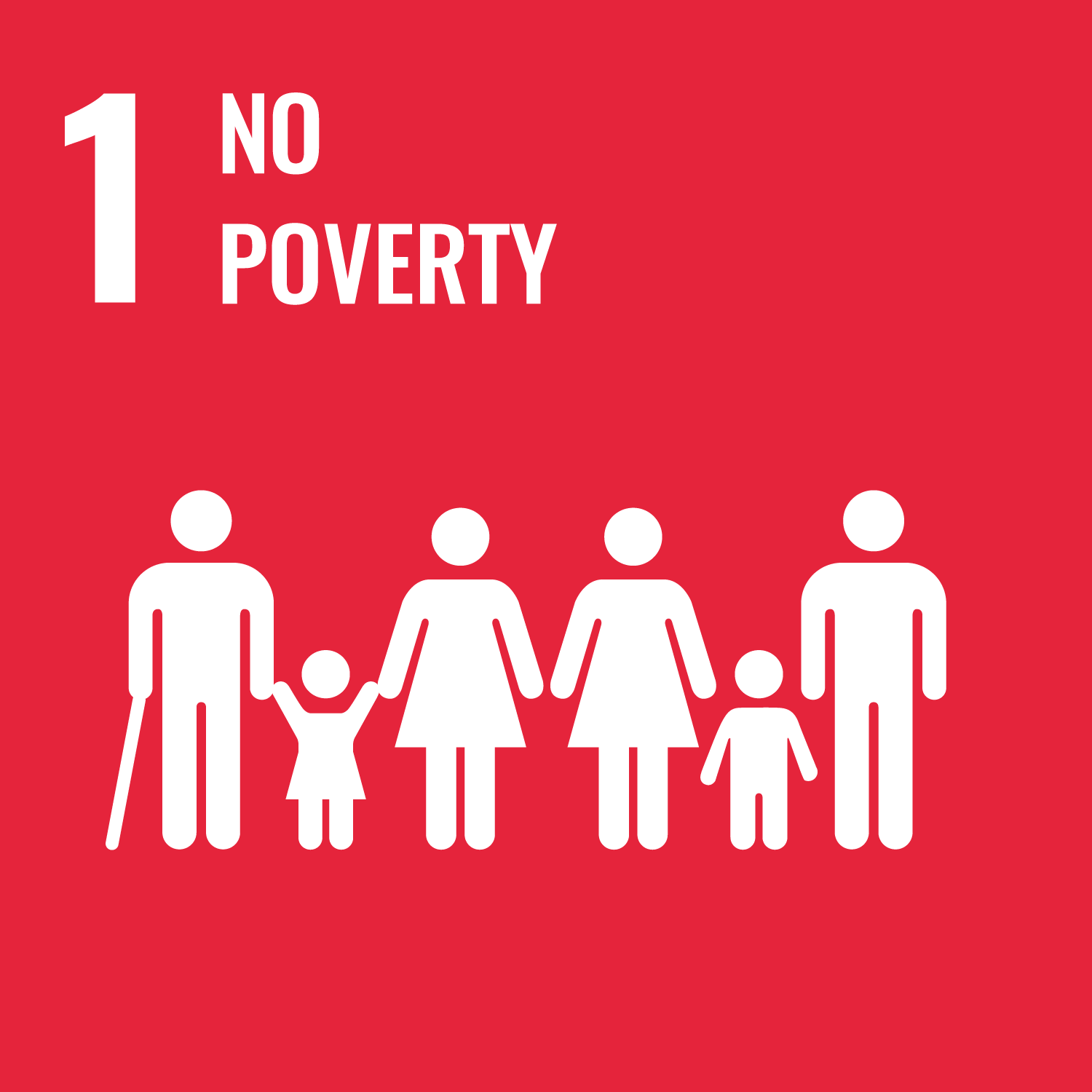
Support to students who are from low-income families
The University of Otago is committed to a campus-wide culture of equity and diversity that supports organisational excellence and outstanding student experiences, which is highlighted in the Equity and Diversity Policy. It ensures that the University processes and practices uphold and promote equity outcomes, reflecting an environment in which all individuals are valued, and different ways of thinking are embraced, and in which diversity, inclusivity and respect are key components of the University's overall commitment to excellence.
Equity and Diversity Policy
The University has a wide range of scholarships and admission schemes to support students from low-income families that face financial challenges to encourage them to pursue higher education.
The University has run the Pūtea Tautoko student hardship fund since 2020 to provide financial relief by way of scholarship extensions and/or grants to current students for whom unforeseen financial hardship creates a significant barrier to successful study at the University of Otago.
Pūtea Tautoko Student Hardship Fund
The University Student’s Association (OUSA) operates a Hardship Fund and Emergency Fund, runs a free Student Support Foodbank, provides cheap $4 lunches throughout the year, and offers advocacy assistance.
OUSA student support for hardship
The University offers additional support to indigenous Māori and Pacific students through Maori Student Support Services and Pacific Island Student Support Services.
The University also offers a range of scholarships for students facing significant financial challenges, which cover some or all tuition fees, accommodation and other costs.
Support to local start-ups
The University provides assistance in terms of consultation and financial support to the local community assisting the start-up of financially and socially sustainable businesses.
University of Otago is co-owner of Startup Dunedin, a not-for-profit organisation that fosters entrepreneurship in Dunedin through funding, resources, education, mentoring, facilities, and networks. The University contributes funding in cash and other goods to the Startup Dunedin Trust and offers grants for sustainable projects.
Otago Business School created the Otago Network for Entrepreneurship (ONE) that provides opportunities for businesses to become involved in School activities, such as the free student-focused start-up programme Audacious, and the student-run non-profit Ignite, which provides free business advice and strategic planning to socially conscious local organisations to help maximise their impact.
The University runs a free Māori Business Boot Camp for local Māori Year 12 and Year 13 students and provides travel scholarships for those Māori students who are interested in joining the camp but live outside the city or campus.
Policy addressing poverty
University research into poverty reduction includes research on the child poverty situation in New Zealand with the publication of the annually technical Child Poverty Monitor report and the New Zealand Index of Socioeconomic Deprivation, which was developed at University of Otago.
The stories of child poverty throughout New Zealand lead to the Key Points to ending child poverty: health, food security, and safe homes for children in Aotearoa New Zealand as recommended to policy makers in the report. The New Zealand Index of Socioeconomic Deprivation is used as a basis for resource allocation formulas, such as the funding formula for Te Whatu Ora –Health New Zealand, and various other government agencies, as well as community groups looking to advocate for extra resources, and for research, planning and needs assessment.
The University of Otago contributes to policy making nationally and globally to address poverty via its research centres including the NZ Child And Youth Epidemiology Service, Otago Global Health Institute, Centre for Sustainability, Centre for Sustainable Cities, and the National Centre for Peace and Conflict Studies.
More about staff working on poverty, inequality and development:
SDG 2. Zero hunger
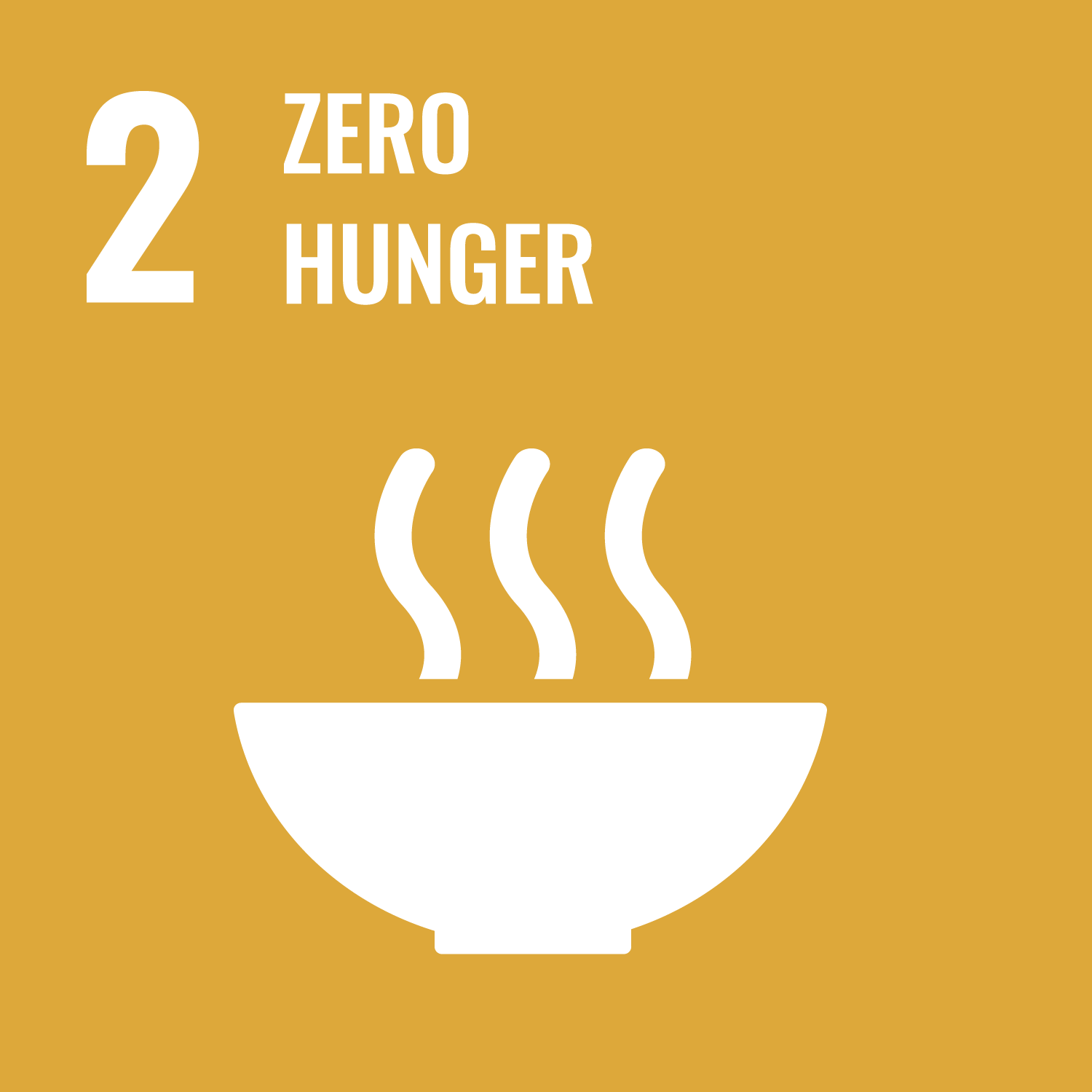
Food waste
Food waste has been hard to resolve for several years. It is frequently the subject of student comments. The three main sources of food waste come from our cafes, conferences and events, and from residential colleges. The latter being the most material contributor. Annually, approximately 150 tonnes of waste across 14 residential colleges. The amount varied significantly between colleges, days of the week, and stages of production.
Estimated food waste from each college can be found in the Sustainability Tonnes Update 2024.
Sustainability Tonnes Update 2024 page 37
Food security
The Otago University Student’s Association delivers a wide range of services that would be operated by the University. Students who are facing hunger and unable to acquire groceries can access a free Student Support Foodbank, free breakfast and reasonable $4 lunches throughout the year.
The University operates an Emergency Fund and a Hardship Fund to support students with financial difficulties. Funding is being provided from the University’s Pūtea Tautoko financial support initiative. In 2023 it distributed 256 grants totalling $274,000.
Students and staff hunger interventions
The University of Otago Student’s Association provides free healthy breakfasts for students with cooked porridge, hot drinks and toast. The $4 lunches are vegetarian everyday with dairy-free and gluten-free options available all weekdays for staff and students throughout the year. The University Union offers a variety of healthy and affordable choices via college catering and food retailers on campus.
Sustainable, healthy and affordable food choices on campus
University of Otago’s Net Carbon Zero 2030 (page 20) outlines the University’s aim to support sustainable food systems, and actions include increasing the availability of locally sourced and sustainably produced foods. Chefs and catering staff have been engaged in reducing emissions due to food purchased. Retail outlets have all introduced lower carbon menu options.
Residential colleges have adopted Mindful Monday (plant-based meals one day per week), which we estimate reduces emissions due to food purchase by 11%. The University Union provides a range of sustainable food choices for all our outlets across campus as well as for our all-event catering and for our express food delivery service. This includes a wide variety of vegetarian and vegan options. We also have sustainable options around our use of packaging and cutlery to help minimise carbon footprint. Fish is sourced from Sealord and meat from Silver Fern Farms, which are committed to sustainability.
Free healthy breakfasts for students and $4 vegetarian lunches for staff and students are provided from the University of Otago’s Student Association throughout the year. The University Union offers a variety of healthy and affordable choices via college catering and food retailers on campus.
Access to knowledge, skills and technologies on agriculture and aquaculture
The University of Otago shares our knowledge, skills and technologies to students and the public including: local farmers, food producers, school students and communities through:
- Agriculture at Otago – an initiative established under the Agriculture Innovation Programme, which involves more than 60 researchers with active interests in agriculture working closely with farmers and food producers.
Agriculture at Otago research theme - Knowledge and skills on agriculture and food are also shared through projects by Centre for Sustainability.
Centre for Sustainability - Research expertise in sustainable aquaculture is provided via the Department of Marine Science.
Department of Marine Science
Throughout the year, Agriculture at Otago frequently organises events and seminars, workshops, conferences and talks for local farmers and food producers to connect and transfer knowledge.
Events in 2023:
- Fonterra sets on-farm emissions targets – Expert Reaction
- Diversification no walk in the park for farmers
University of Otago’s research farms and facilities
University of Otago has a wide range of research facilities available, including over 600 laboratories, vessels, and equipment such as GPS devices, which can be used in collaboration with local farmers and food producers to investigate and improve sustainable farming practices.
The Department of Marine Science carries a range of oceanographic and field equipment for use. The University’s marine research has world class marine laboratories and two field stations in Fiordland and Stewart Island.
The Agriculture at Otago research theme and Centre for Sustainability at Otago also provides services to local farmers, including conducting research, product evaluations, and analytical services for soil, animals and nutrition, and plants.
Food purchase
University of Otago’s Sustainability Strategic Framework 2030 (Sustainable operations) outlines the University’s aim to support sustainable food systems. Actions include increasing the commitments to sustainability that ensures the food on campus is locally sourced and sustainably produced foods. Examples include fish sourced from Sealord (see college dining hall table talker) and 90% of meat from Silver Ferm Farms, which are companies committed to sustainability. The University of Otago has maintained Fairtrade accreditation since 2013, and its Procurement Policy (2b. Procurement Principles) states that the University will consider social, ethical, environmental and economic impacts throughout the procurement process.
SDG 3. Good health and well-being
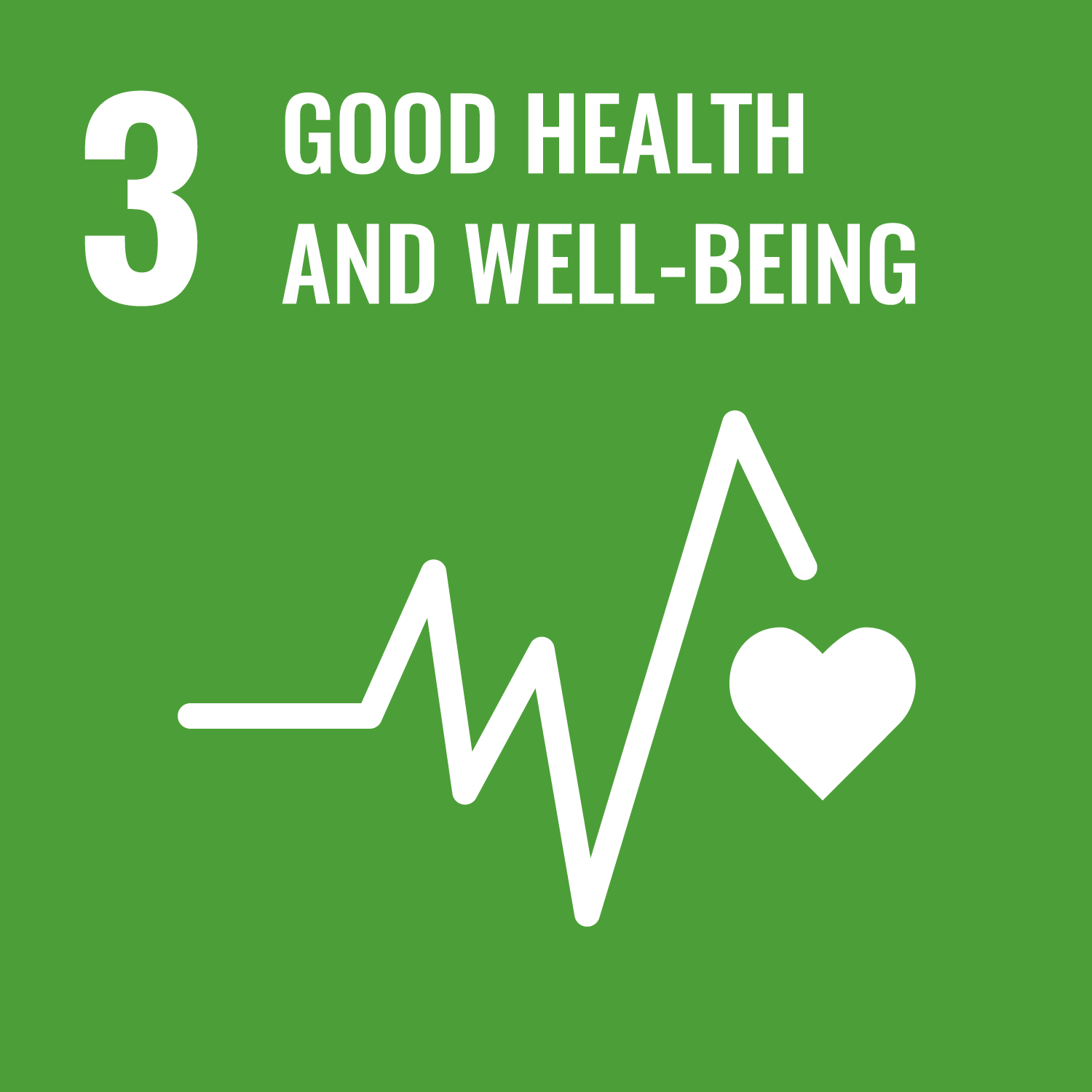
In 2023, the percentage of graduates in Health was 33% (1823 out of 5558 graduates).
Collaborations with health institutions
University of Otago has health campuses across the country, including a dental facility to serve low socio-economic communities in South Auckland, and has arrangements for internship programmes with five District Health Boards. The University has partnered with the local Health New Zealand Southern to build an education centre at Southland Hospital, boosting healthcare professionals’ training and research activity, and with Health New Zealand Southern and Dunedin City Council in the development of the new Dunedin Hospital.
The University is contracted by the NZ Government to operate the National Poisons Centre and the NZ Pharmacovigilance Centre and is a key partner in the research alliance One Health Aotearoa. The University collaborates with multiple global partners through the Otago Global Health Institute and Centre for International Health.
The University’s scientists actively involved in Government Advisory Boards and are key members of the international panel mapping future Covid-19 Scenarios.
Learn more about the University’s Collaborations and Strategic Affiliations.
Collaborations and Strategic Affiliations
Health care services
Sexual and reproductive health care services for students: University of Otago students have free and highly subsidised access to sexual and reproductive healthcare services through Student Health.
Mental healthcare support for students: University of Otago provides students with access to a range of mental health support. There is free mental health service at Student Health for students.
Mental healthcare support for staff: University of Otago provides staff with access to a range of mental health support. There is a free, confidential counselling service available to staff under the Employee Assistance Programme.
SDG 4. Quality education
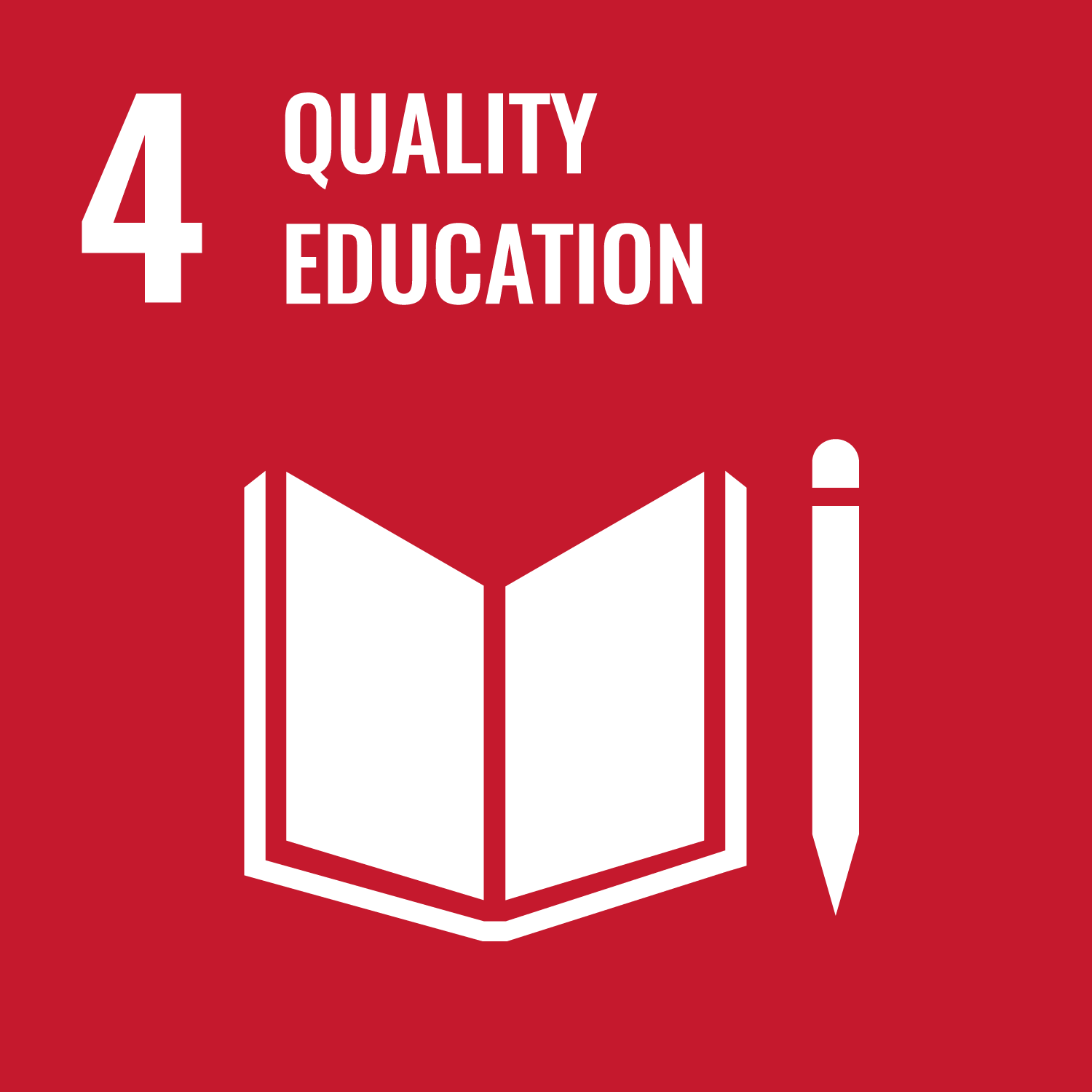
In 2023, the percentage of students graduating in Teaching at primary school level was 3% (148 out of 5558 graduates).
Accessibility to educational resources
University of Otago provides free access to educational resources for those not studying. These include free courses, free access to facilities and equipment, free access to online resources. The University libraries (shelved books for reading and reference, and some electronic resources license-permitting) are open for free access. Open access is free and immediate access online to scholarly research, teaching and educational resources and data, including the ability for others to reuse these things without permission within appropriate limits.
The University provides a wide range of online and in-person short courses, lectures, seminars and exposure tours for public access. The topics vary from health, science, environment, computer science to politics and other global issues. For some courses, the public learners can get a certificate or earn a medal, such as a Kiwi Guardians Citizen Science Medal for Sea week.
Some events in 2023:
Short courses:
Lectures:
- Communication in 3D: Cellular signalling through a structural lens
- Ron Lister Memorial Lecture: Professor Rewi Newman
- The story of Brexit - and what it might tell us about constitutions like ours
- Dental implants and digital dentistry - Ultimate game changers in prosthodontics
Seminars:
Exposure tours:
Education outreach
University of Otago undertakes a wide range of outreach activities with local schools and the wider community, including voluntary student-run schemes. Examples include Reading Oasis, the Aspire Programme and various programmes run by the Division of Sciences.
Reading Oasis is a programme that aims to give every child the opportunity to love reading. In collaboration with United Way, one of the world’s largest not-for-profit organisations, student volunteers from the University of Otago visit local primary schools to work with students Year 1-3. The Aspire Programme is a collaboration between UniCrew, Otago Community Trust, local partner schools and Otākou Marae to create an experience that inspires young people (Year 7-8) who are at risk of disengaging with learning. Science Academy organises Science Camp for Year 13 students across the country to experience science.
The University in partnership with Dunedin City Council, has put on a giant Science Expo in recent years, introducing science from departments and research groups across campus to the public in the grand atrium of Tūhura Otago Museum to make science accessible to everyone.
SDG 5. Gender equality
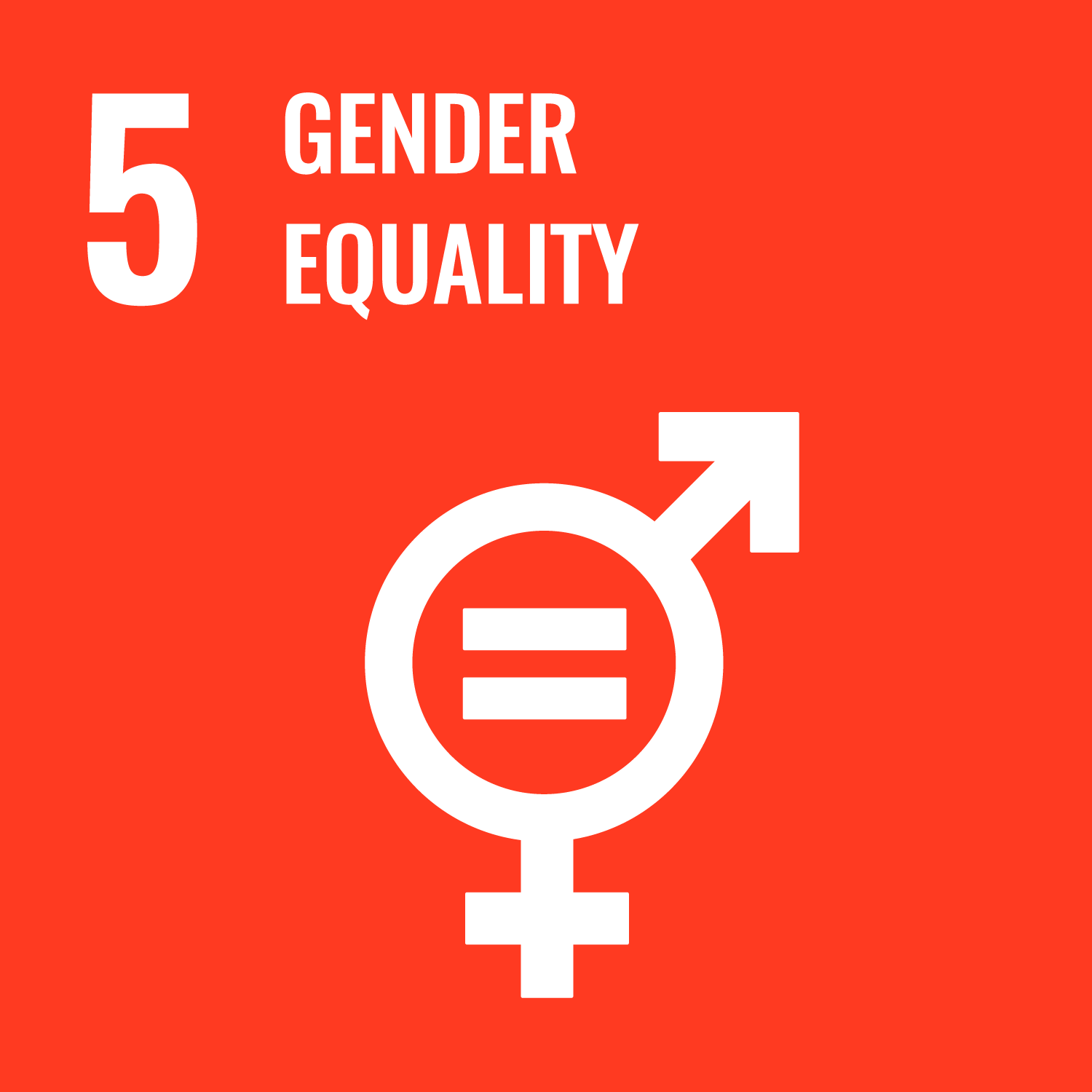
Application rates for students by gender
The majority of University of Otago’s student cohort is now female, with high levels of access, participation and achievement. University of Otago systematically measures and tracks application, acceptance, and completion rates for male, female and gender diverse students. Examples of publicly available reporting are “Quick Statistics” on the website and the Annual Reports (Annual Report 2023, page 142).
Female students accounted for 61% of the total University of Otago’s students in the last 4 years.
In 2023, number of female students comprises 12,890 out of 21,202 students. This was similar to:
- 2022 with 12,893 female students out of 21,159.
- 2021 with 13,094 female students out of 21,549.
- 2020 with 12,501 female students out of 20,721.
The number of students that are identified as another gender has increased over the year (2019: 19; 2020: 33; 2021: 57 and 2023: 91)
Policy for women applicants and entry
The majority of University of Otago’s student cohort is now female, with high levels of access, participation and achievement. The University’s Equity and Diversity policy (reviewed in 2023) outlines its commitment to non-discrimination, equity and diversity in relation to student recruitment. This culture and commitment are essential to meeting the University’s obligations under the Education and Training Act 2020 and other national policies.
Achievement rates for students by gender
The majority of University of Otago’s student cohort is now female, which is accounted for 61% of total students since 2020, with high levels of participation and achievement. University of Otago's females have higher completion and retention rates than males.
As recorded on Tertiary Education Commission Educational Performance Indicators data, in 2023, the University’s completion rates for full-time, bachelor-level students were 76 percent for female students compared with 72 per cent for male students.
The proportion of female students graduating all qualifications was 63 per cent (3486 out of 5,558 qualifications awarded).
The Strategy, Analytics & Reporting Office produces an internal report twice a year on the academic performance of first-year students, broken down by gender and other criteria.
Several programmes have been established to support and encourage the achievement and graduation of women:
- The Office of Student Success has a university-wide mandate to investigate, trial and implement initiatives to improve student success.
Women’s mentoring schemes
The majority of University of Otago’s student cohort is now female, so most mentoring schemes are open to all students. Mentoring schemes for female students focus on subjects where they are underrepresented.
Examples include the Otago Mentor Match programme, Otago Computer Science Women’s Association, Comp Girls Otago, Association for Women in the Sciences and for staff the Women in Leadership at Otago programme.
- Otago Mentor Match programme
- Otago Computer Science Women’s Association
- Association for Women in the Sciences
- Women in Leadership at Otago
SDG 6. Clean water and sanitation
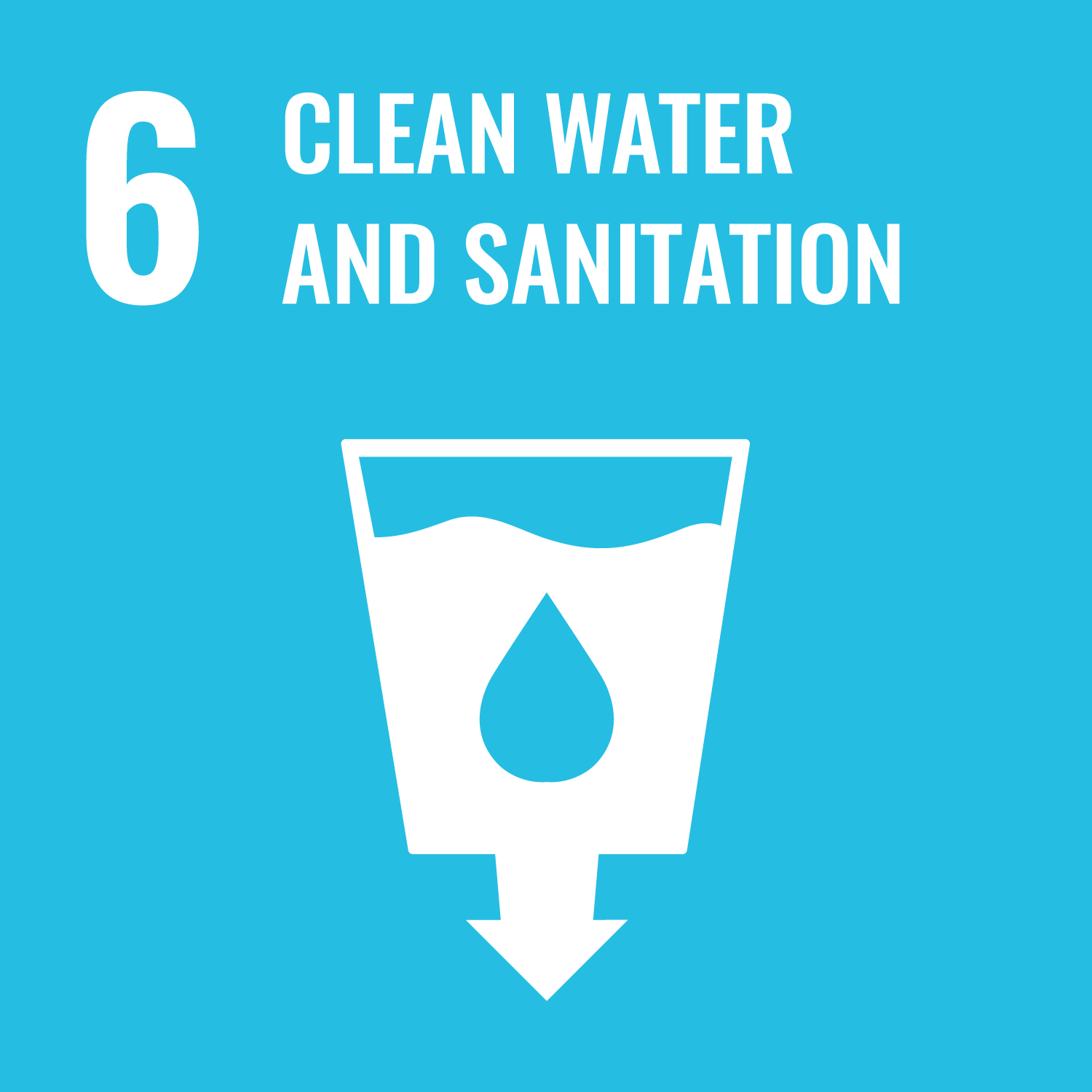
Water usage
The University of Otago measures the total volume of water use in the whole University on an Annual basis via the Greenhouse Gas Emissions Report. The published 2023 Greenhouse gas inventory report has this result on page 56.
In 2023, water usage of the University of Otago was 270,176 cubic metres. This is a 19% decrease compared to 320,983 cubic metres in 2022.
2023 Greenhouse gas inventory report
Free drinking water
The University of Otago provides free access to drinking water for students, staffs and visitors in the form of water fountains on campus, indoor water coolers, and filtered water in all kitchens.
Location of water fountains on campus are as described below:
- Central ground floor near the elevators
- Central first floor near the Charles Brasch collection and the big fuck-off Colin McCahon painting
- Between The Link and Main Common Room
- Robertson Library Common Area
- Health Science Library, ground floor
- Hunter Centre, first floor
- St Dave’s Café
- Unipol, first floor
- Critic - Student Magazine
Wastewater treatment
The University of Otago prioritises health and safety of people. The treatment of wastewater on University of Otago campuses is managed by Dunedin City Council. There are 7 wastewater treatment plants working in Dunedin: Tahuna, Green Island, Mosgiel, Warrington, Seacliff, Waikouaiti and Middlemarch. Wastewater from the greater Dunedin area is treated at Tahuna.
Recent builds on campus such as the Hunter Building and Psychology Building, which meet Five- Green Star criteria, are optimised for wastewater treatment according to UO Design Facility Standards
UO Design Facility Standards (page 109)
Recycled water
The University of Otago is committed to minimising water consumption, through conservation and efficiency measures, water reuse and recycling, as outlined in the Net Carbon Zero Programme. New campus buildings are built using Green Building Standards (see Design Facility Standards) and Campus Master Plan. Rainwater channelled from several University buildings is used for toilet flushing and watering plants.
Education on good water management
University of Otago representatives work alongside Otago institutions, councils, businesses and groups as part of the United Nations Regional Centre of Expertise for Education in Sustainable Development. Plans include developing educational experiences and resources around water efficiency, use and availability for local communities.
Catchments Otago is a multi-disciplinary University of Otago research initiative, which aims to support equitable and appropriate land and water management within the Otago and Southland regions. The group hosts public talks and events. Examples that cover water management are Environmental Management, Geography, and Surveying.
The University is a key partner of Wai Wanaka which provides education for schools and communities. The Source to Sea research initiative under Halo project enabled local school children to learn about their water courses and make plans for sustainable action to enhance and monitor the catchments in the future. The New Zealand Marine Studies Centre organises several courses for children at different ages on water and science, including good water management.
Saving water
University of Otago actively promotes conscious water usage to its students living in colleges on campus, using guidelines and Net Carbon Zero 2030 programme such as limited shower times, using half flush on toilets, recycle, conserve water and save resources.
In the wider community, the University works alongside Otago institutions, councils, businesses and groups as part of the United Nations Regional Centre of Expertise for Education in Sustainable Development, Whaiao Education for Sustainable Otago. Plans include developing educational experiences and resources around water efficiency, use and availability for local communities. Catchments Otago is a multi-disciplinary University of Otago research initiative, which aims to support equitable and appropriate land and water management within the Otago and Southland regions.
Water extraction
The University of Otago sources its water via the local Council - Dunedin City Council, who have a demonstrated commitment to sustainability. The water quality of Dunedin’s lakes and rivers, including coastal and recreational risk, using Land Air Water Aotearoa measures in Dunedin's Environment Strategy 2016 - 2026 (Resource use - page 9; Strategy development page 15).
Cooperation on water security
University of Otago representatives work alongside Otago institutions, councils, businesses and groups as part of the United Nations Regional Centre of Expertise for Education in Sustainable Development on water security related issues. Plans include establishing a new water research centre in Wanaka to promote water quality, and developing educational experiences and resources around water efficiency, use and availability. Catchments Otago is a multi-disciplinary University of Otago research initiative, which aims to support equitable and appropriate land and water management within the Otago and Southland regions. The group facilitates collaboration between the New Zealand government, local communities and researchers. University of Otago is tackling clean water and sanitation nationally and globally via research; examples include One Health Aotearoa and Otago Global Health Institute.
SDG 7. Affordable and clean energy
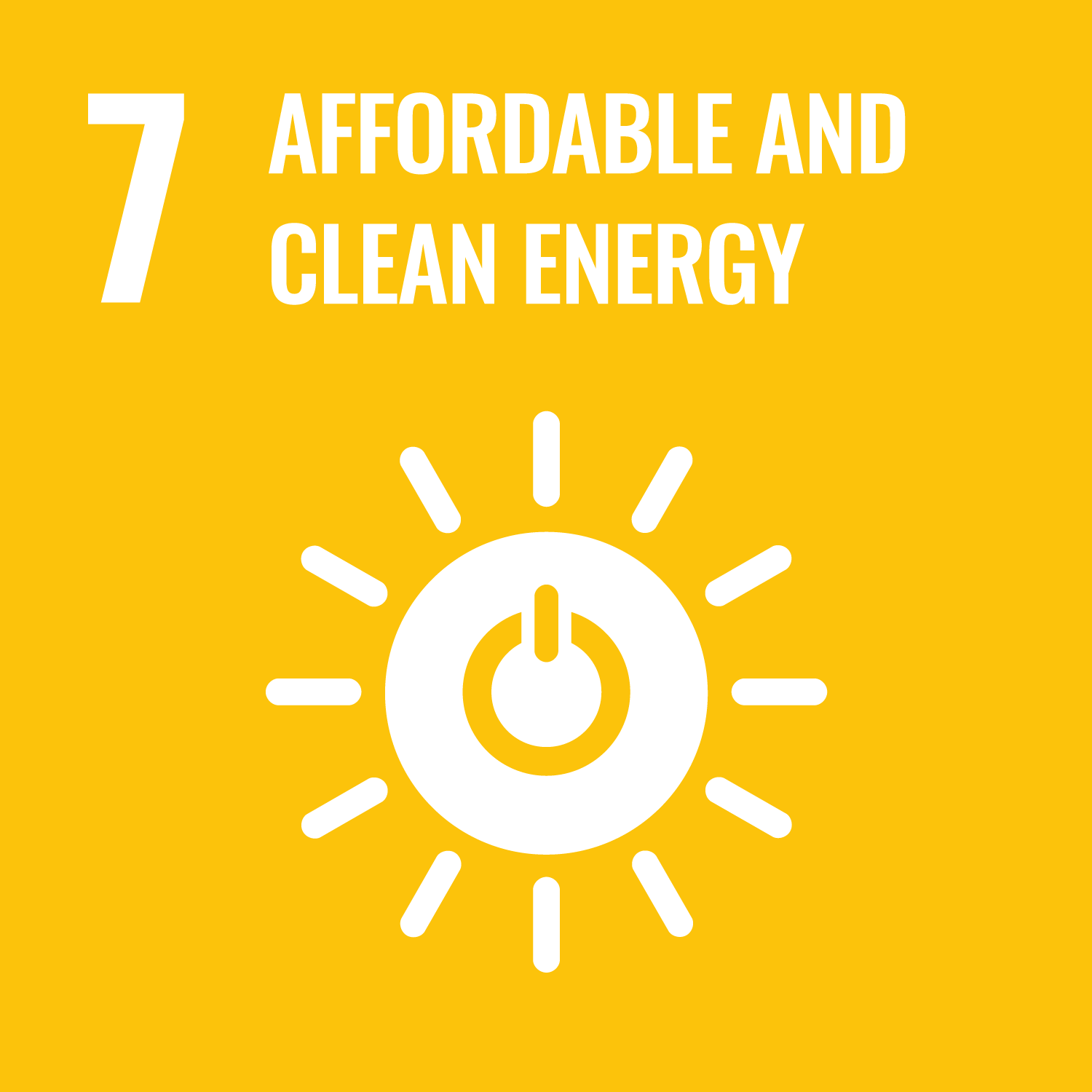
Collaboration with government in clean energy and energy-efficient technology policy development
University of Otago is a signatory to Dunedin City Council’s Energy Leaders Accord and a key delivery partner in the city’s Energy Plan. The University informs and supports governments in clean energy and energy-efficient technology policy development through the Otago Energy Research Centre, Climate & Energy Finance (CEFG) Group, Centre for Sustainability, and NZ Centre for Sustainable Cities.
- Dunedin City Council’s Energy Leaders Accord
- Otago Energy Research Centre
- Climate & Energy Finance (CEFG) Group
- Centre for Sustainable Cities.
More information on 2023 events:
- Inaugural New Zealand Hydrogen Symposium 2023
- CEFGroup Working Paper Won 2023 INFINZ NZX Research Report of the Year
- CEFGroup Co-Director to speak on emerging trends at the CFA Society New Zealand Investment Conference
Supporting start-ups with low-carbon innovation
University of Otago is a major partner and host of Startup Dunedin, which provides direct assistance to start-ups and innovators; about 50% are in the low-carbon economy and technology space.
The University supports start-ups through Otago Network for Entrepreneurship (ONE) with the aims to improve our standard of living, wellbeing, social cohesion and environmental sustainability. Start-ups with low-carbon innovation is one of the priorities to support of the University.
SDG 8. Decent work and economic growth
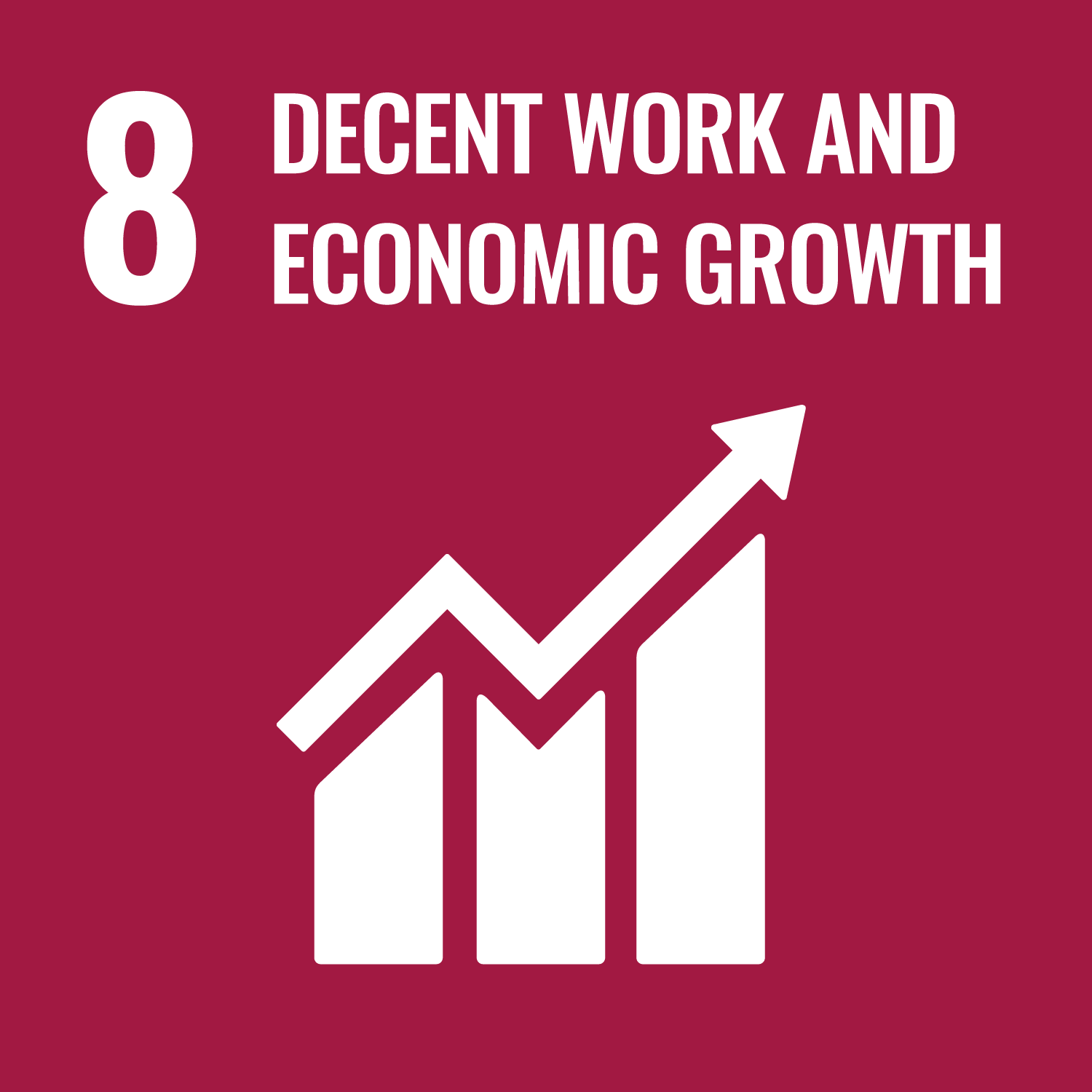
Payrates
The University of Otago is committed to pay all fixed-term staff and faculty at least the living wage.
Employment Agreements and Conditions
We measure pay scale gender equity, which is reported in the annual Staff Equity Demographics Report.
Staff Equity Demographics Report.
University of Otago pays the majority of staff at least the Living Wage, which is reflected in pay scales publicly available online. The New Zealand Living Wage is based on a household with two adults and two children; the University employs a number of students and casual staff who do not receive this.
Unions
The University recognises that the unions are legitimate and important stakeholders which represent union members and have rights and interests in decisions affecting members’ work and employment. This is shown in the employment contracts.
University of Otago is an active member of Diversity Works New Zealand.
Labour and human rights, child labour and modern slavery
University of Otago ensures it meets its commitments against forced labour, slavery, human trafficking, and child labour which are illegal activities under New Zealand law. The Employment Relations Act 2000 and the Minimum Wage Act 1983 are both relevant pieces of legislation that govern employment in New Zealand. Slavery of all kinds is a criminal offence under Section 98 of the Crimes Act 1961. Human Trafficking is a criminal offence under Section 98D. In 2019 New Zealand ratified the Protocol of 2014 to the Forced Labour Convention.
The University of Otago’s Procurement Policy includes sustainability and workers' conditions requirements (see Section 2. Principles of Sustainability and Lawfulness).
University of Otago has also maintained Fairtrade accreditation since 2013, which complies all Fair-Trade standards that include all workers’ basic rights are protected, child labour is eliminated.
SDG. 9 Innovation
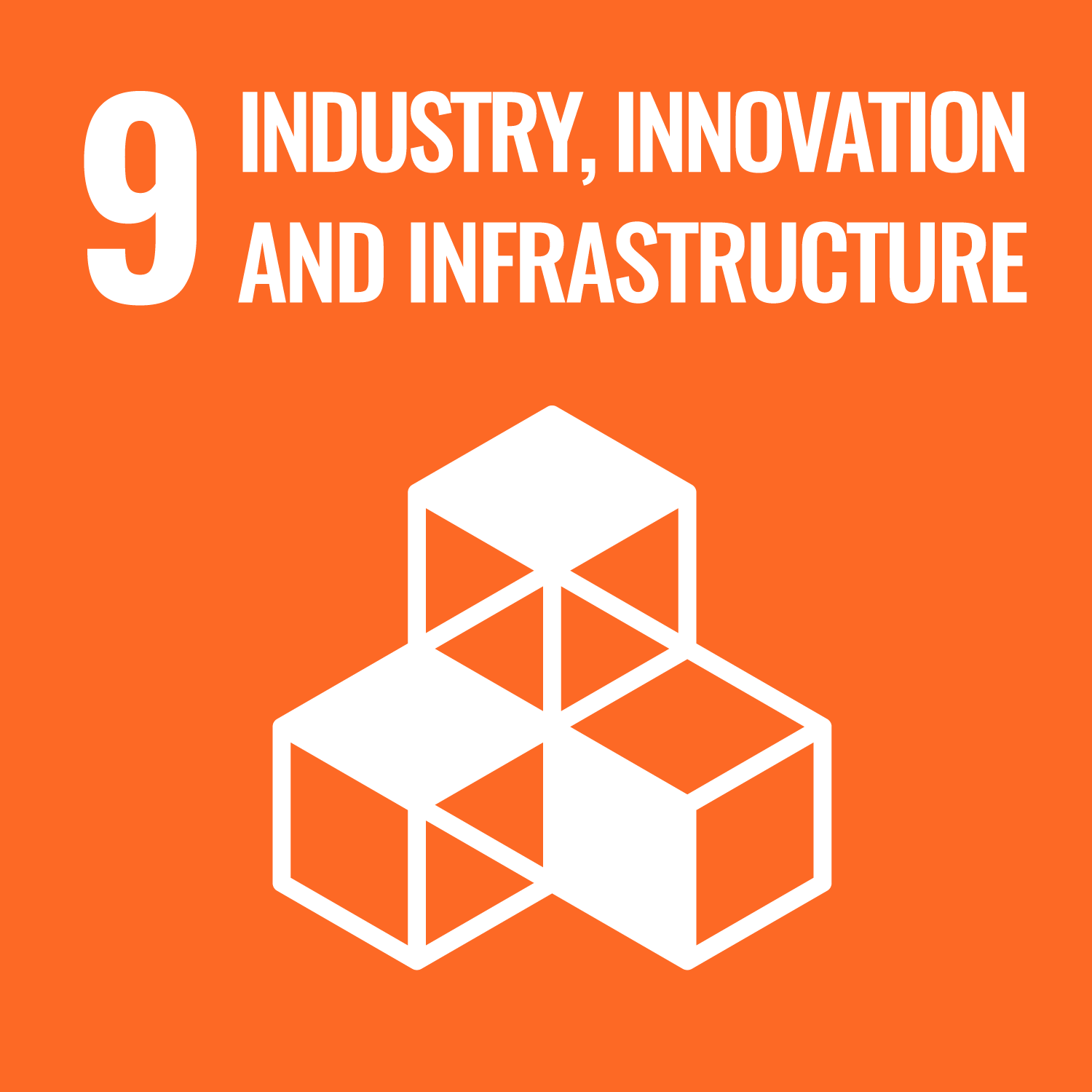
In 2023 the University supported 8 spin-off enterprises.
Research income from Industry and commerce: $13,781,240
SDG. 10 Reduce inequalities
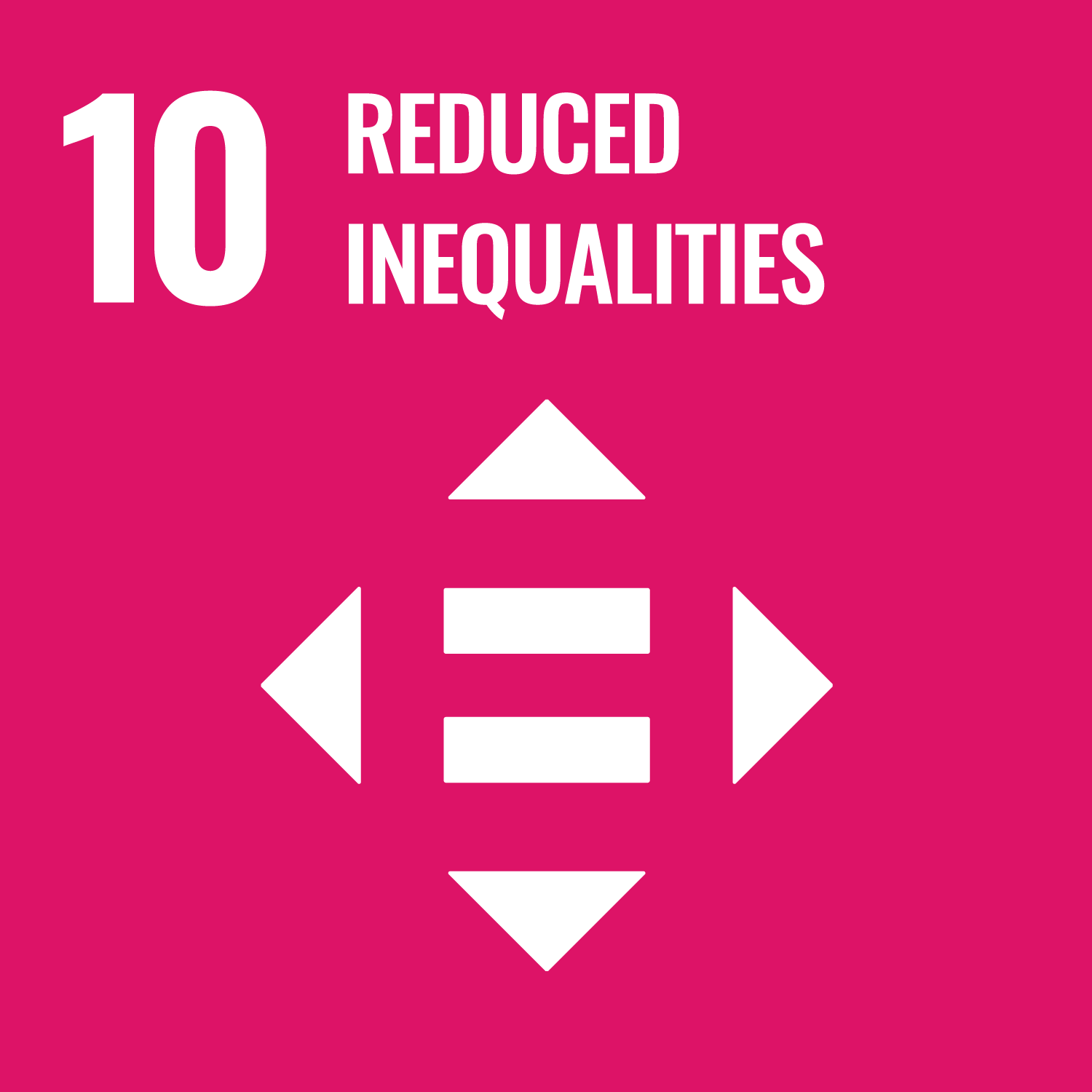
Student statistics in 2023:
- EFTS: 18,960.
- Māori: 12.0%
- Pacific: 6.6%
- Asian: 20.0%
- Middle Eastern / Latin American/African: 4.2%
- European / Pakeha: 72.8%
- Students with disabilities: 8.56%
The University of Otago measures, tracks and reports applications and admissions of underrepresented groups through Quick Statistics published on website and Annual Reports.
Specifically:
- Low-income students: students from areas of high socio-economic deprivation through scholarships.
- Ethnic minorities: Māori and Pacific are a focus according to ethnicity in Annual Report.
- Gender of students: Quick Statistics and Annual Report (page 142 Facts and Figures).
- Students with disability: Annual Report (Key Performance Indicator 5.2).
Disability Information & Support Office of the University of Otago provides support to students with disabilities through learning support, advice, and advocacy. This includes Transition Resources to assist secondary students with a disability to enter University, support for international students with a disability, and support for students with a disability studying by distance. Schemes include notetaking, providing special conditions for examination and tests, tutoring, transcription and typing and providing a reader. This service was put in place long before it became an official requirement to do so. The service now supports approximately 1,800 students annually.
Disability Information & Support Office
SDG 11. Sustainable cities and communities
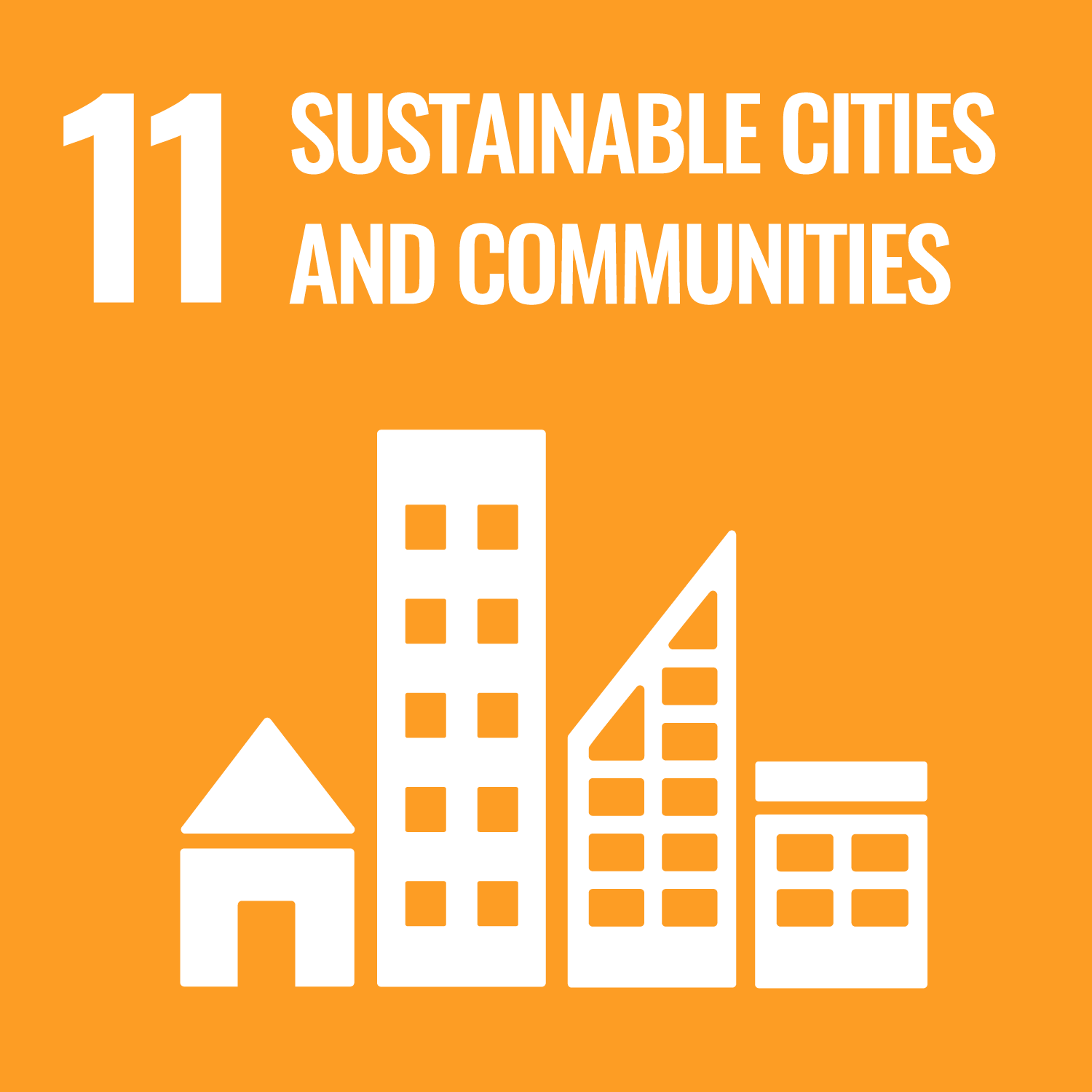
Public accessibility
University of Otago promotes free public access to its buildings, monuments, iconic heritage and landscapes via campus tours, an interactive map, a Visitor Centre, and plaques and information boards around the university. Accessibility information is included in wayfinding signage, building signage and maps when new or replacement signage is installed on university buildings and grounds.
There are so many open spaces and green spaces that are freely and publicly accessible on campus. Students, staffs and visitors can freely and easily access green spaces on campus such as Union Lawn, which is outside the Clock Tower building, Logan Park, The Botany Lawn. University colleges and flats are located on campus with green space available vicinity such as Caroline Freeman College. The Botanic Gardens is open access leading to Dunedin campus, and Hagley Park to Christchurch campus. The Dunedin Campus has added more than 8,000 plants and over 60 nursery-matured trees, some replacing trees at the end of their lives. A grassed orchard - with fruit trees and thornless blackberries - was planted in a section between Castle Street and Montgomery Avenue, and benches for public seating were added. The University’s St David Café has outdoor tables and blossom trees near by which are accessible.
Learn more about Design of Dunedin campus
The University provides free public access to library buildings, shelved publications for reading and reference, and some electronic resources (license-permitting). The Hocken Library, which is one of New Zealand's most important collections of cultural works and artefacts, and includes nationally significant Māori archives, is also free to use by the general public, and offers guided tours and classes.
We embrace rich cultural heritage through public museums, galleries, performance spaces, exhibition spaces, lecture programmes and outreach activities. The University, in collaboration with the Dunedin Symphony Orchestra, presents a series of lectures delivered by lecturers, one for each of the Town Hall concerts. The University is also a major funder of the Dunedin Symphony Orchestra and hosts over 100 theatre performances and music concerts each year with contributions by our staff and students. You can register for events on the webpages and Facebook for the School of Performing Arts, Allen Hall Theatre, and Dunedin Symphony Orchestra.
In 2023, the School of Performing Arts presented 136 public performances in different events and locations around New Zealand.
Supporting accommodation for staff
The University supports staff to relocate to Otago with free and subsidised accommodation upon arrival. See Staff Relocation Policy for more information.
Supporting accommodation for students
University of Otago provides both housing and financial support for student’s accommodation. The University manages approximately 160 student flats, 14 residential colleges, and assists with organising home stays. College fees are on par with renting a studio room, while providing services that support students. Colleges and University flats are located on or close to campus, which enables students to live in the heart of the city and significantly reduces commuting. Domestic students can access NZ Government living allowances to cover accommodation, and University scholarships and Relief Fund and are available to further assist students from low socio-economic backgrounds.
SDG 12. Consumption
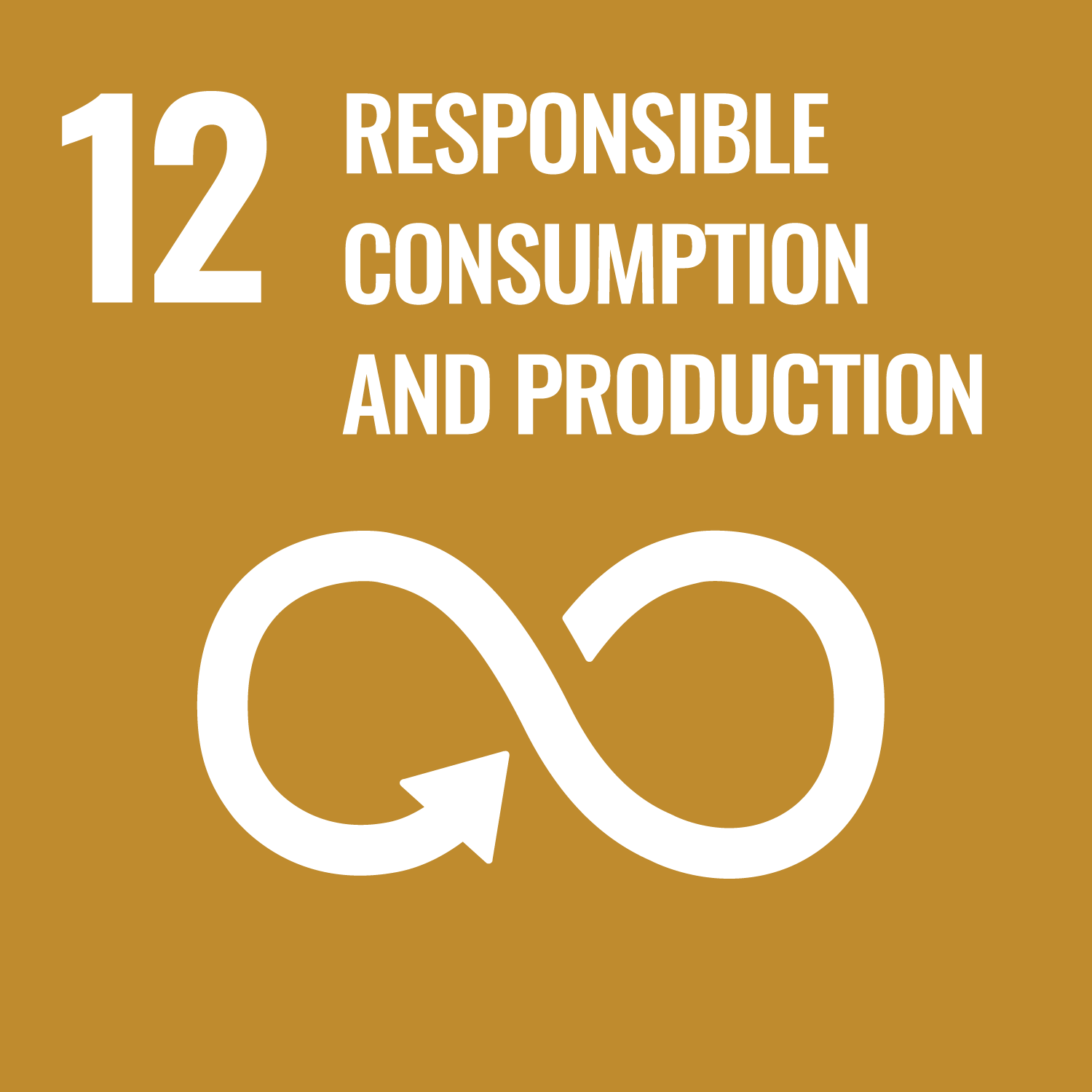
In 2023, Otago generated total 1,773,602 kg of waste, of which 1,473,139 kg was waste to landfill; 300,463 kg was recycled.
Waste disposal: hazardous materials policy
The University of Otago priorities Health and Safety practices on campus and in community.
University of Otago has several health and safety policies, procedures and guidelines that regulate waste disposal and hazardous materials including Health and Safety Policy, Asbestos Management Policy, Equipment Recycling and Disposal, Waste and Recycling.
Learn more about:
- Health, Safety and Wellbeing Policy
- Hazardous substances management
- Asbestos Management Policy
- Equipment Recycling and Disposal
- Waste and Recycling
- Chemical waste disposal
Waste disposal: landfill policy
University of Otago’s Net Carbon Zero 2030 outlines its commitment to becoming a zero-waste institution. The University measures the amount of waste sent to landfill and recycled, and its unique collaborative contract with a major waste management company to halve the University’s landfill waste.
Waste and Recycling policy encourages recycling method bins to promote the diversion of waste from landfill.
Plastic use: policy
University of Otago’s Net Carbon Zero 2030 and Sustainability Strategic Framework 2030 outlines its commitment to becoming a zero-waste institution. The Guidelines for Waste Minimisation and Management guides the minimisation of waste by reducing, rethinking, redesigning, recycling,
A range of waste-reduction initiatives and Green Your Scene actions including removing all disposable coffee cups from campus outlets and reverse recycling of cans and plastic bottles have been conducted on campus.
- Net Carbon Zero 2030
- Sustainability Strategic Framework 2030
- Guidelines for Waste Minimisation and Management
Disposable policy: extensions to services
University of Otago’s Procurement Policy state that the University is accountable to the New Zealand public to deliver University priorities and objectives in a manner that is socially, economically and environmentally sustainable. The University considers social, ethical, environmental and economic impacts throughout the procurement process (Section 2 – Procurement Principles). The Disposal policy is applied to select all outsourced suppliers and supply chain following the procurement processes.
Minimisation policies extended to suppliers
University of Otago’s Procurement Policy states that the University is accountable to the New Zealand public to deliver University priorities and objectives in a manner that is socially, economically and environmentally sustainable. The University considers social, ethical, environmental and economic impacts throughout the procurement process (Section 2 – Procurement Principles). Otago’s E-Waste and E-Cycle Centre greatly reduces the amount of waste sent to landfill and helps community groups gain access to computers. The minimisation policies are applied to select all outsourced suppliers and supply chain following the procurement processes as highlighted in Guidelines for Waste Minimisation and Management – Article 8. Procurement.
Learn more about:
SDG 13. Climate action
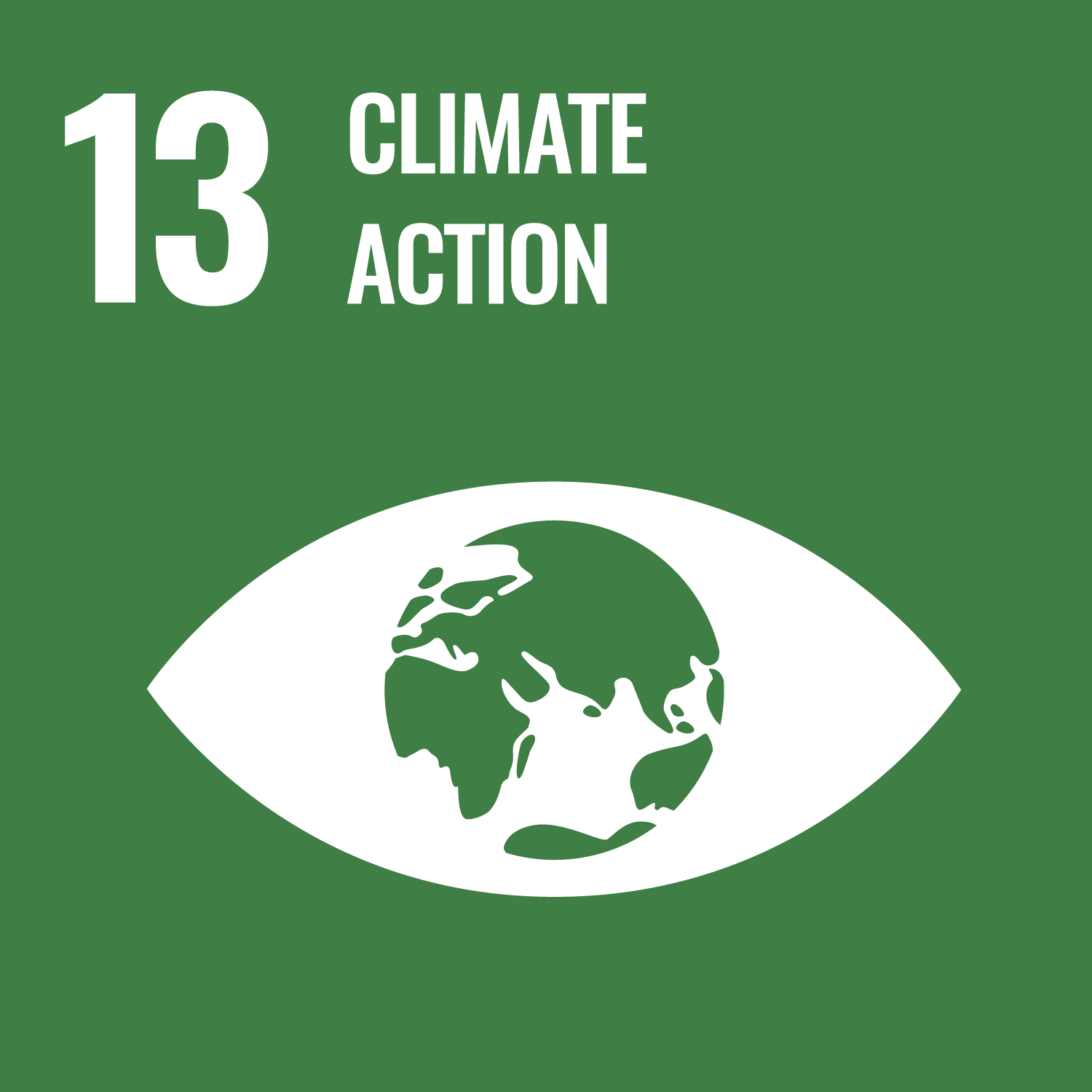
Electricity usage
The University undertakes annual greenhouse gas emission inventory reports as part of our commitment to reducing the adverse impacts of climate change in line with The Paris Agreement (2015) and UNFCCC (United Nations Framework Convention on Climate Change).
Greenhouse Gas Emission Inventory Reports
The University consumed 50,871,205 kWh of electricity in 2023. 99.3% of the University of Otago’s energy consumption is generated from low carbon sources.
Total energy used in Dunedin campus is 338,683 kWh, of which 338,467 accounted for 99.94% was from low-carbon sources.
Climate education programmes
The University of Otago provides a wide range of events and talks on climate change risks, impacts and responses both in adaptation and mitigation for students, staff and communities. Several public talks and opportunities carried out under the Climate Change Research Network (He Kaupapa Hononga). Sustainable Healthcare and Climate Health Conference Aotearoa, which was co-convened by the University of Otago, was open for anybody interested in ensuring the health sector in New Zealand creates an equitable pathway to carbon neutrality.
Climate Action Plan
University of Otago’s Net Carbon Zero 2030 outlines the University’s plan to address significant sustainability challenges of climate change. The University has embarked on Net Carbon Zero 2030 programme to significantly reduce its energy use and carbon emission. The University appointed a workplace travel coordinator to coordinate and implement a joint Workplace Travel Plan which was set up in 2021 to reduce carbon emission across the University, Health New Zealand Southern, Dunedin Hospital and Dunedin City Council. The University works closely with local government and local community groups to tackle climate change, such as the University sitting on the Dunedin City Council's Academic Reference Panel on climate change adaptation.
- Net Carbon Zero 2030
- University of Otago Net Carbon Zero - Final Journey to 2030
- Workplace Travel Plan
Co-operative planning for climate change disasters
University of Otago works closely with local and regional Civil Defence Centre on planning for all disasters, including climate-driven disasters.
The University has supported the wider city of Dunedin in an emergency under a signed Memorandum of Understanding with Dunedin Civil Defence Emergency Management.
The University joined Dunedin’s Zero Carbon 2030 Alliance by signing a Memorandum of Understanding with the Dunedin City Council to partner with the council and others to cut emissions in the city.
The University sits on the Dunedin City Council's Academic Reference Panel on climate change adaptation.
University of Otago researchers have co-led a 10-year National Science Challenge focused on supporting the resilience of rural communities and value chains in the face of hazards and disasters.
University of Otago collaborates with several NGOs on climate change adaptation such as New Zealand Centre for Sustainable Cities, and South Dunedin Community Network.
Learn more about University of Otago’s cooperation in climate change and disasters:
University Cooperations in Climate Change and Disasters
Learn more about the University’s papers to climate policy planning:
- Innovations for Climate Adaptation. Interim Report: Summary of Adaptation Initiatives by Local Government Research Partners - University of Otago
- Mana whenua, local government and climate change adaptation - Findings report - University of Otago
- Otago Daily Times Article - "Councillors to vote on zero carbon plan"
Environmental education in collaboration with NGOs
University of Otago’s National Centre for Peace and Conflict Studies is available for consultancy with government and NGOs on a range of issues including energy, disaster preparedness and the environment. The University’s Centre for Sustainability is active with the South Dunedin Community Network, an NGO working with one of the most climate-exposed communities in New Zealand.
- National Centre for Peace and Conflict Studies
- Centre for Sustainability
- South Dunedin Community Network
SDG 14. Life below water
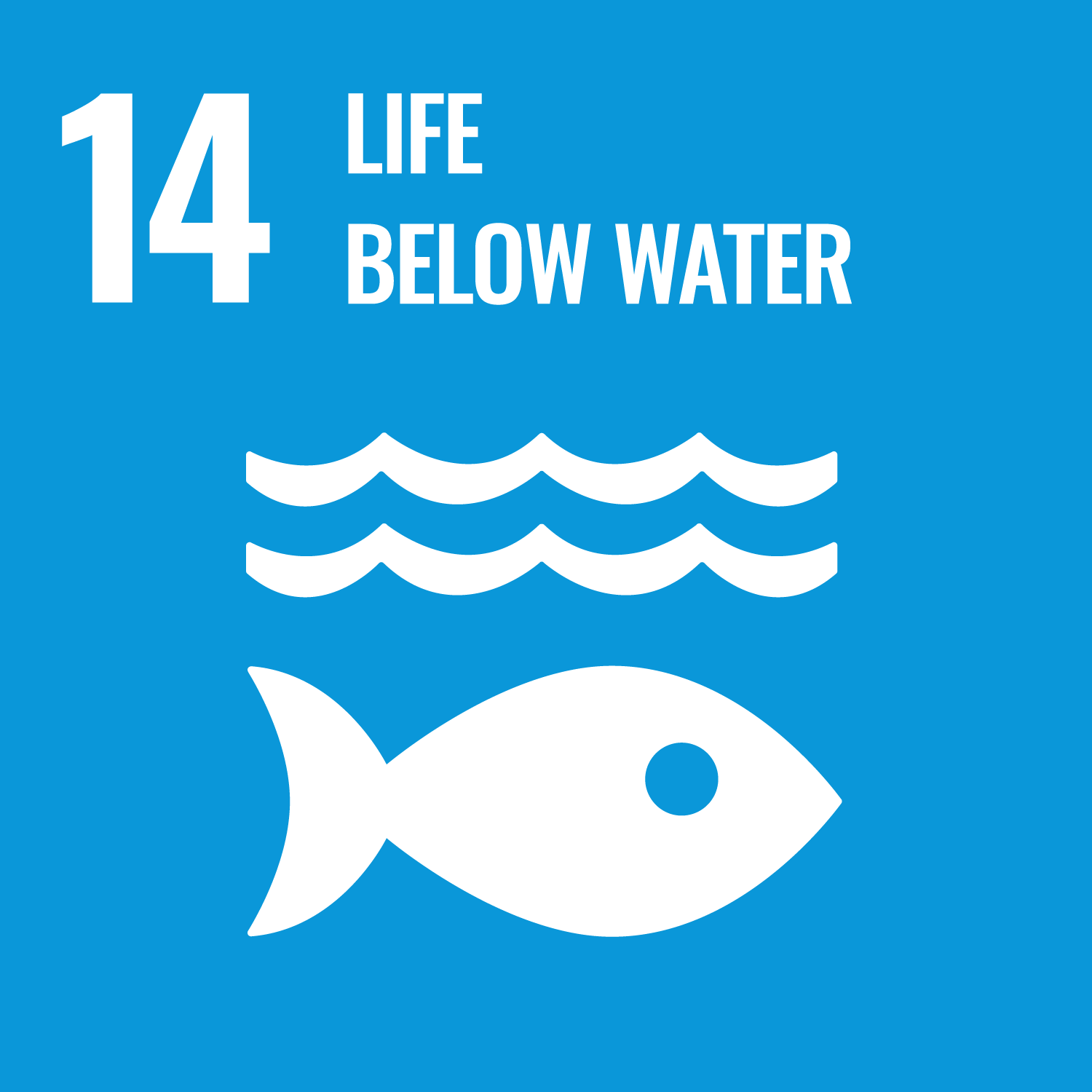
Sustainable fisheries
University of Otago has a well-established community outreach programmes. The University hosts Coastal People: Southern Skies who work closely with communities of New Zealand to provide educational and outreach programmes and projects on sustainable management of fisheries, aquaculture and tourism.
Coastal People: Southern Skies
The New Zealand Marine Studies Centre (NZMSC) showcases local marine life and offers marine education programmes, resources and events, and for all ages locally and nationally in different topics related to sustainable management of fisheries, aquaculture and sustainable tourism. In 2023, more than 18,177 people participated in NZMSC programmes.
- Marine Studies Centre (NZMSC)
- Marine Studies Education Programmes
- Marine Studies Resources
- Marine Studies Events
The University launched a free public lecture by the Parliamentary Commissioner to outline four steps needed for sustainable tourism. The University’s Department of Marine Science offers degrees and conducts collaborative research focused on tourism, aquaculture and fisheries. For example, Professor James Higham was contracted by the Parliamentary Commissioner for the Environment to produce two research papers that informed the commissioner’s recent crucial report titled “Pristine, popular …imperilled?
Overfishing
University of Otago researchers provide ecological information to complement local and customary knowledge, and support community-based management of coastal fisheries via the research project Te Tiaki Mahinga Kai. New Zealand Marine Studies Centre (NZMSC) provides free and paid educational outreach programs. In 2023, more than 18,177 people participated in New Zealand Marine Studies Centre educational programmes such as Aquavan, Shark Spy, Science Extension and enrichment, include issues such as overfishing, illegal, unreported and unregulated fishing and destructive fishing practices in discussion of human impacts.
- Te Tiaki Mahinga Kai.
- New Zealand Marine Studies Centre (NZMSC)
- Outreach Programs
- Aquavan
- Shark Spy
- Science Extension and enrichment
Conservation
University of Otago’s Marine Studies Centre hosts public events including workshops, open days and lectures. The Centre is also involved in several marine-themed annual events such as Seaweek and Science Festival, and regular Marine Encounters tours to discover ways of looking after our coast.
Some events of 2023:
Seminars: 14th Annual East Otago Taiāpure Research EveningUnder the Waves – Connecting with taonga species in Otago
Free course: Be a Citizen Scientist for Seaweek!
Marine Encounters tours in March, May and June
Policy on sustainably harvested food
University of Otago’s Procurement Policy states that the University is accountable to the New Zealand public to deliver University priorities and objectives in a manner that is socially, economically and environmentally sustainable. The University considers social, ethical, environmental and economic impacts throughout the procurement process (Section 2). University of Otago’s 2030 Sustainability Strategic Framework and Sustainability Update 2024 outline the University’s aim to support sustainable operations which include food sustainably harvested. Activities include enhancing efforts to interest the University community in sustainably produced foods and increase the availability of locally sourced and sustainably produced foods. One example is a sustainable fishery “table talker” used in University college dining halls.
Technologies for prevention of aquatic ecosystem damage
University of Otago works directly on technologies and practices that enable the marine industry to minimise or prevent damage to aquatic ecosystems through the Department of Marine Science and the NZ Marine Studies Centre. The technologies and practices are applied in projects, for example: reseeding techniques using ecology, traditional ecological knowledge and genetic techniques to track populations and maximise success, and Geographic Information System (GIS), field sampling, laboratory experimental chemistry to study marine processes.
More information about projects:
Water discharge
University of Otago's wastewater is managed by the local council who uphold the highest of quality standards. Discharge requirements are also outlined in the University of Otago’s Design and Facilities Standards Section 9.4.2. Wastewater drainage (page 109).
Plastic waste management
University of Otago became a 100% disposable cup-free campus in 2019. The University commits to continue reducing plastic waste and becoming a zero-waste institution through our 2030 Sustainability Strategic Framework (see Sustainable operation page 9). One of these current initiatives includes “Waste Free Me” (reduce, reuse, recycle); replacing disposable cups with reusable cups at university retailers (Café outlets: St David Café,Te Mātiti and Staff Club, and Bubble Tea Chaitime); options for refilling reusable water bottles; reusable food containers; and recycling bins for plastic are well labelled around campus. The University has set up several Mug Libraries at the cafés that lend reusable mugs if students forget to bring their cups along, and they can return them to any café on campus. The University of Otago has partnered with a drinks manufacturer to provide reverse vending machines for recycling of plastic bottles set up on campus since 2020.
- A 100% disposable cup-free campus
- 2030 Sustainability Strategic Framework
- “Waste Free Me”
Café outlets - Bubble tea Chatime
- Well labelled
- Reverse Vending Machines
Reducing marine pollution
University of Otago’s Sustainability Strategic Framework 2030 outlines the University’s aim to promote sustainability in the built environment, which includes the University’s NZ Marine Studies Centre. The framework is supported by the University’s Design & Facility Standards. The University’s guidelines and instructions for chemical waste disposal help reduce marine pollution. The University’s Health and Safety Office operates a free chemical waste collection service for chemical wastes originating in University of Otago facilities.
- Chemical Waste Disposal
- Sustainability Strategic Framework 2030
- Design & Facility Standards
- Guidelines
- Instructions
Minimising alteration of aquatic ecosystems
University of Otago’s Sustainability Strategic Framework 2030 outlines the University’s overarching plan and activities, which covers the aquatic ecosystems associated with its campuses (Sustainable operation). The Framework is supported by the University’s Design Facility Standards (e.g. Section 4 Sustainability p.38) with Green Star Criteria the University works directly to minimise alteration of aquatic ecosystems through departments and research centres such as the NZ Marine Studies Centre and Department of Marine Science. The Central Campus landscaping project not only enhances the University’s landscape but also minimises the alteration of aquatic ecosystems by developing several small rain gardens with native grasses that help filter surface water and disperse it to reduce the run-off into the Water of Leith stream.
- Sustainability Strategic Framework 2030
- Design Facility Standards
- NZ Marine Studies Centre
- Department of Marine Science
- Central Campus landscaping project
The University has been associated with the Portobello Peninsula to run a project that one of the activities is for planting up to 1,200 trees and shrubs per annum over the next two years. It will focus on re-establishing a continuous habitat corridor between existing stands of native vegetation and expanding the area of Coprosma dominated habitat across the Peninsula.
Portobello Peninsula to be Hub of Science and Sustainability
Good aquatic stewardship practices
University of Otago develops and supports various programmes that encourage and maintain good aquatic stewardship practices. The Source to Sea initiative under the Halo project enabled local school children to learn about their water related courses and make plans for sustainable action to enhance and monitor the catchments in the future.
As part of the United Nations Regional Centre of Expertise for Education in Sustainable Development, the University is developing educational experiences and resources around water efficiency, use and availability for local communities. Catchments Otago is a multi-disciplinary University of Otago research initiative, which aims to support equitable and appropriate land and water management within the Otago and Southland regions. The group hosts public talks and events relating to aquatic stewardship practices. The Marine Studies Centre equips an “Aquavan” that travels to schools and communities, to create awareness and understanding of the connectivity between river health and the coastal environment.
Collaboration for shared aquatic ecosystems
University of Otago collaborates with the local community in efforts to maintain shared aquatic ecosystems. Through the Halo project, the University enabled local school children to learn about their watercourses and make plans for sustainable action to enhance and monitor the catchments in the future. As part of the United Nations Regional Centre of Expertise for Education in Sustainable Development, the University is developing educational experiences and resources around water efficiency, use and availability for local communities. Catchments Otago is a multi-disciplinary University of Otago research initiative, which aims to support equitable and appropriate land and water management within the Otago and Southland regions.
Watershed management strategy
University of Otago operates within a regulatory framework overseen by city and regional councils. For example, the University’s NZ Marine Studies Centre on the Otago Peninsula operates within Otago Regional Council biomass limits and is required to provide the results of regular discharge water sampling.
SDG 15. Life on land
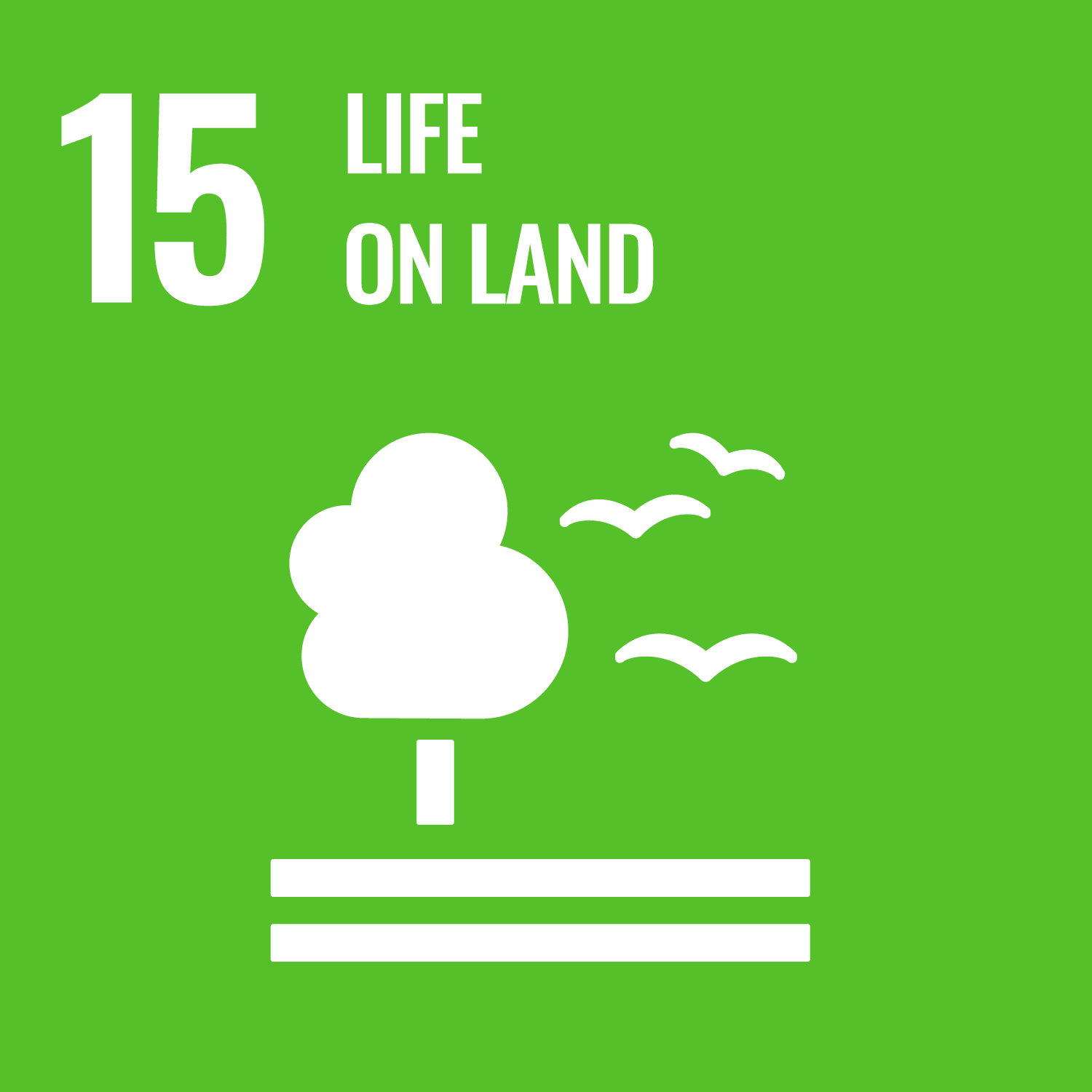
Conservation and sustainable use of land
University of Otago has a strong research focus on Antarctica and the Southern Ocean. The University’s Ecology Programme promotes a wide range of community events such as tree planting, wetland planting, fauna counts, rubbish clean ups, eco sanctuary visits and public talks. Department of Botany organises several events for staff, students and public to share knowledge on conservation and landscape ecology. The HALO project organises public planting days, runs regular seminars on a wide variety of topics, including agricultural sustainability, indigenous environmental management, and agroecology. Animal Aquatic Plant Ecological Society (AAPES) – a student club supported by the University - organises selections of events for planting and natural conservations throughout the year.
- Ecology Programme
- One billion trees seeds project
- Restoration mahi and tītī chicks
- Department of Botany
- Department of Botany Events
- HALO project
- Public planting days
- Animal Aquatic Plant Ecological Society (AAPES)
More information:
Sustainable farmed food on campus
University of Otago’s Sustainability Strategic Framework 2030 (Sustainable operations) outlines the University’s aim to support sustainable food systems. Activities include increasing the commitments to Sustainability that ensures the food on campus is locally sourced and sustainably produced foods. Examples include fish sourced from Sealord (see college dining hall table talker) and 90% of meat from Silver Fern Farms, which are companies committed to sustainability. University of Otago has maintained Fairtrade accreditation since 2013, and its Procurement Policy (2b. Procurement Principles) states that the University will consider social, ethical, environmental and economic impacts throughout the procurement process.
Land use policies
Sustainably farmed food: University of Otago’s Procurement Policy states that the University is accountable to the New Zealand Public to deliver University priorities and objectives in a manner that is socially, economically and environmentally sustainable. The University considers social, ethical, environmental and economic impacts throughout the procurement process. University of Otago’s Sustainability Strategic Framework outlines the University’s aim to support sustainable food systems; Activities will include enhancing efforts to interest the University community in sustainably produced foods, and increase the availability of locally sourced and sustainably produced foods.
Conservation, restoration and sustainable use of terrestrial ecosystems: University of Otago’s Sustainability Strategic Framework outlines the University’s commitment and activities, which includes the new sustainably designed centre. The framework is supported by the University’s Design Facility Standards - Section 4 Sustainability. Our Campus Master Plan commits to developing a campus with the sustainable ecosystems.
Monitoring IUCN and other conservation: The University of Otago is required to adhere to the legislation in the Department of Conservation website attached for any work involving protected or sensitive species. CITES permits are used for some University of Otago research related to endangered species. See Compliance Management Policy and Design & Facility Standards.
Impact of alien species on campus: New buildings on campus are constructed under the Campus Master Plan (Sustainability Chapter) with a view to meeting Green Star criteria University’s Design Facility Standards - Section 4 Sustainability), which considers land use and ecology that reducing the impact of predators on campus is a part to contribute to the University’s sustainable ecology. University of Otago’s Sustainability Strategic Framework outlines the University’s aim and activities to promote sustainability in the built environment. The University has been running a Predator free project since 2018 with the aim to achieve free predator Dunedin by 2050.
- Campus Master Plan
- Green Star criteria
- Design Facility Standards
- Sustainability Strategic Framework
- Predator free project
Educational programmes on ecosystems
University of Otago offers both paid and unpaid education programmmes on ecosystems. The University offers an Ecology degree programme that draws on research expertise in the departments of Botany, Zoology and Marine Science. The University organises Science Wānanga, which are three-day, hands-on experiences for Māori secondary students in New Zealand. Staying on marae with university students, scientists and kaumātua, students participate in real science in their local communities.
Sustainable management of land for agriculture
University of Otago representatives work alongside Otago institutions, councils, businesses and groups as part of the United Nations Regional Centre of Expertise (RCE) for Education in Sustainable Development. Projects include delivering sustainability education for agriculture to farmers. Catchments Otago is a multi-disciplinary University of Otago research initiative, which aims to support equitable and appropriate land and water management within the Otago and Southland regions. The group hosts public talks and events. Agriculture Innovation programme organises several events emphasising sustainability, environmental security, and climate stabilisation for agriculture.
Sustainable management of land for tourism
University of Otago representatives work alongside Otago institutions, councils, businesses and groups working on Education in Sustainable Development including the educational projects on sustainable land management to tourism businesses delivered by the Tourism Policy School.
Otago Daily Times Article: "Tourism Policy School to Look at Key Industry Issues."
Sustainable use, conservation and restoration of land
University of Otago’s Sustainability Strategic Framework outlines the University’s commitment and activities, which includes the new sustainably designed centre. The framework is supported by the University’s Design Facility Standards.
- Sustainability Strategic Framework
- Design Facility Standards (e.g. Section 4 Sustainability p.31)
Monitoring IUCN and other conservation species
The University of Otago is required to adhere to the legislation of the Department of Conservation for any work involving protected or sensitive species. CITES permits are used for some University of Otago research related to endangered species. See Compliance Management Policy and page 55 of Design & Facility Standards.
Local biodiversity included in planning and development
New buildings on campus are constructed with a view to meeting Green Star criteria, which considers land use and ecology. University of Otago’s Sustainability Strategic Framework outlines the University’s aim and activities to promote sustainability in the built environment. The framework is supported by the University’s Design Facility Standards.
- More information on Central campus landscaping
- Sustainability Strategic Framework
- Design Facility Standards (Section 4 Sustainability)
Alien species impact reduction
In 2017 the University of Otago joined other organisations in signing a Memorandum of Understanding to work together to achieve Predator Free Dunedin status by 2050. The University’s animal facilities have a pest management procedure as required by the Ministry of Primary Industries.
Maintaining shared land ecosystems
The University of Otago collaborates with local community to maintain shared land ecosystems through a wide range of initiatives. Catchments Otago is a multi-disciplinary research initiative, which aims to support equitable and appropriate land and water management within the Otago and Southland regions. University of Otago researchers are co-leading a 10-year National Science Challenge focused on supporting the resilience of rural communities and value chains in the face of hazards and disasters. Agriculture at Otago hosts and supports events for New Zealand farmers and food producers to connect and transfer knowledge on shared land ecosystems. The University of Otago has established Memorandum of Understanding with a number of Iwi and Māori Health providers, which underpin the University's Treaty responsiveness.
Learn more about the University and Iwi’s relationships; National Science Challenge Disaster Risk Decision-making:
SDG 16. Peace and justice
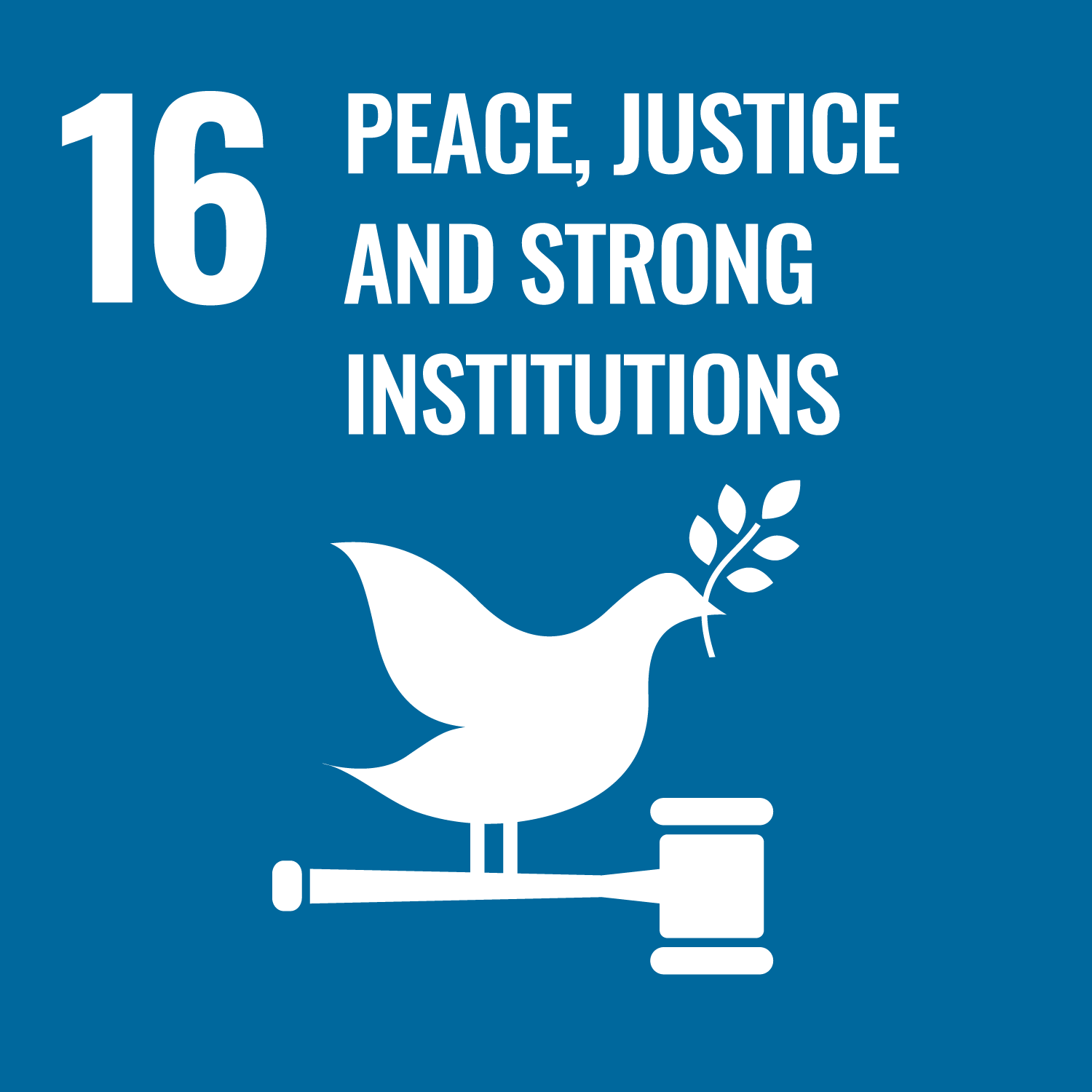
Student’s Union
The membership of the Otago University Students’ Association (OUSA) - that is partly funded by the University of Otago for delivery of many services that would be operated by the University - is free to University of Otago students. The University of Otago recognises OUSA, the OUSA president is a member of the University Council and OUSA also provides a range of services under contract to the University including recreation, sports at local and national level, advocacy, support, job search, volunteer programmes as well as co-ordinating student representation in classes and on university committees.
Policy on Crime, Corruption and Bribery
University of Otago has principles and commitments on crime, corruption and bribery. The Fraud and Corruption Prevention Framework, Sensitive Expenditure Policy, Fraud Policy, apply to all staff or individuals including the University’s Council members and students, where they are incurring costs on the University’s behalf. The policies and framework are supported by documented Procedure and Guidelines.
- Fraud and Corruption Prevention Framework
- Sensitive Expenditure Policy
- Fraud Policy
- Procedure and Guidelines
Working with government
Advice for government and policymakers:
The University of Otago has many specialist centres through which it provides expert advice to local, regional and national government on various: Health, Artificial Intelligence, Climate change and Energy, natural disasters, law and justice through:
- Health Promotion and Policy Research Unit (HePPRU)
- The Centre for Artificial Intelligence and Public Policy (CAIPP)
- The New Zealand Centre for Sport Policy and Politics
- The New Zealand Law Foundation (NZLF) Centre for Law and Policy in Emerging Technologies
- The multidisciplinary health and development research unit “Dunedin Study”
- The Children's Issues Centre
- The Law and Society Centre
- The Civil Justice Centre
- The Climate & Energy Finance Group
- Researchers' advice on disaster resilience and Covid–19 related issues
Policy and lawmakers outreach and education
University of Otago provides outreach, general education, upskilling and capacity-building to policy- and lawmakers through specialist centres and events.
The Health Promotion and Policy Research Unit (HePPRU) that aims to foster excellence in research in health promotion and public health policy works in collaboration with policymakers and policy advocates to advance the good health of the peoples of Aotearoa / New Zealand through independent, critical and innovative research, teaching, and community service.
Health Promotion and Policy Research Unit (HePPRU)
The Otago Foreign Policy School provides forums to exchange knowledge, lesson learnt and perspectives on international policies such as Foreign Policy School 2023, National Security School 2024.
The Centre for Sustainability in Dunedin and the NZ Centre for Sustainable Cities in Wellington run regular seminars on a wide variety of topics.
The Centre for Sustainability runs a monthly Seminar Series aimed at stimulating discussion and debate on issues concerning climate change and sustainability.
Participation in government research
University of Otago undertakes policy-focused research in collaboration with government departments through specialist centres and groups such as the New Zealand Centre for Sustainable Cities, the Maori Centre of Research Excellence, the Health Promotion and Policy Research Unit and Climate & Energy Finance Group. University of Otago researchers made major contributions to the COVID-19 response.
Neutral platform to discuss issues
University of Otago provides a neutral platform and ‘safe’ space for different political stakeholders to frankly discuss challenges. Every year, the Politics Programme holds a series of panel discussions that are free and open to the public, where resident and invited experts discuss topical political issues.
More information on events from:
SDG 17. Partnership
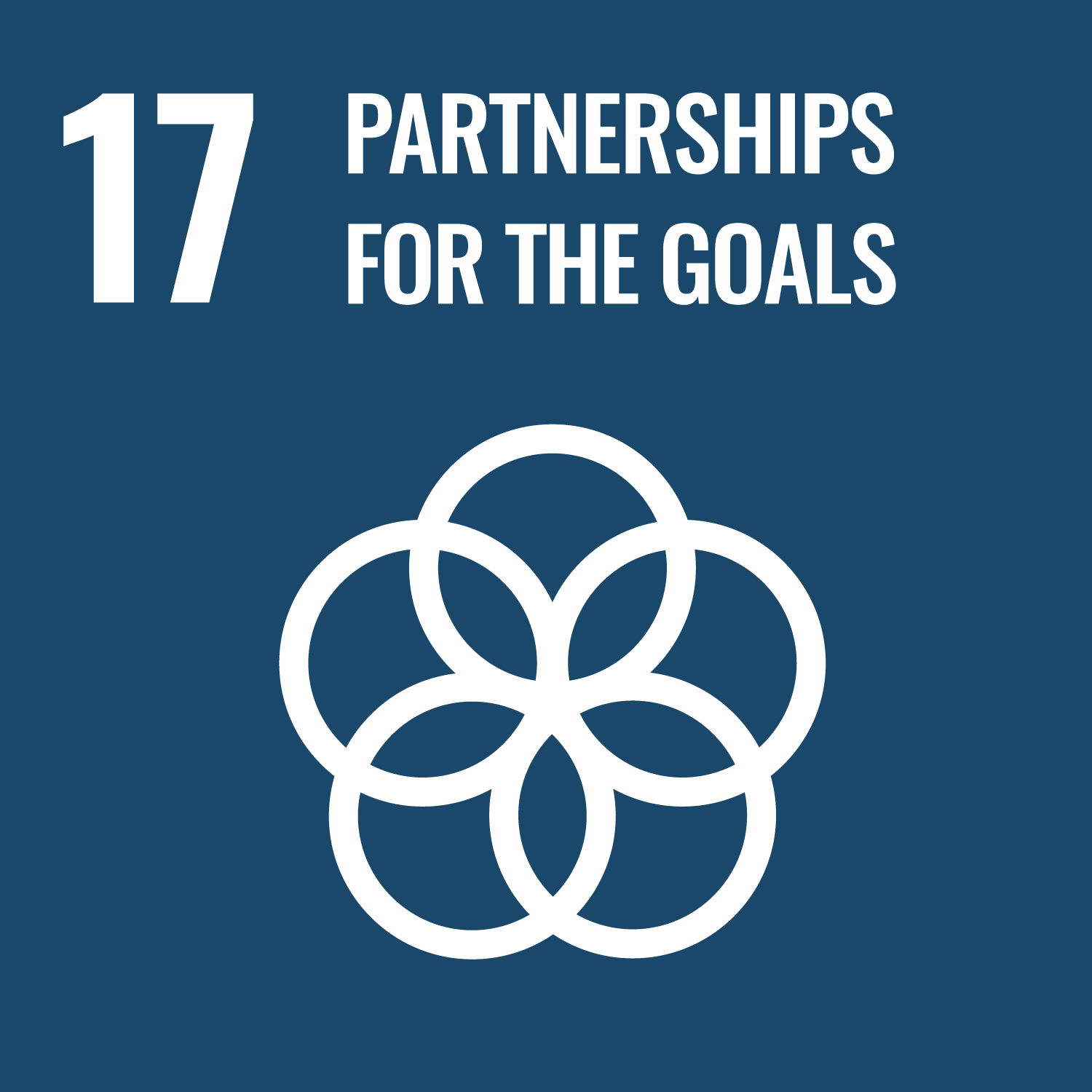
Working with NGOs for SDGs
University of Otago has collaborated with several NGOs to tackle the SDGs. University of Otago has worked with Whai Ao to provide education for Sustainability of Otago. The University collaborates with the New Zealand Centre for Sustainable Cities to provide innovative research solutions to the urban development challenges - economic, social, environmental and cultural - which Aotearoa New Zealand faces. The work of the Social Impact Studio - a student-driven change through volunteering and leadership programme to collaborate with a multitude of NGOs - is underpinned by the SDGs. University of Otago's student volunteers have connected with several organisations that support SDGs such as UN Youth, Students for Environmental Action (SEA), Law for change, Dental Environmental Group.
- Whai Ao
- New Zealand Centre for Sustainable Cities
- Social Impact Studio
- Student volunteers
- UN Youth
- Students for Environmental Action
- Law for change
University of Otago's representatives are working alongside Regional Centres of Expertise's partners on Education for Sustainable Development to develop a water research centre, and educational resources that support several SDGs. School of Geography is currently a member of the Steering Committee of the Aotearoa New Zealand International Development Studies Network. The network includes aid and development NGOs, private sector development practitioners and government (especially the Ministry of Foreign Affairs and Trade) working on researching development issues.
More information:
- Global Health: Collaborations and Strategic Affiliations
- Climate actions: Mahi tahi
- Sustainability research collaborations
Education for SDGs commitment to meaningful education
University of Otago’s Sustainability Strategic Framework 2030 and Vision 2040 outline the University's commitment to education for sustainability. University of Otago offers multiple programmes including formal papers (courses) such as climate change sources, sustainable business, sustainable energy, integrated papers in Global Studies and projects and volunteer initiatives such as UniCrew and Green Your Scene, which are aligned with SDGs. Annual awards are given to sustainability projects around the University.